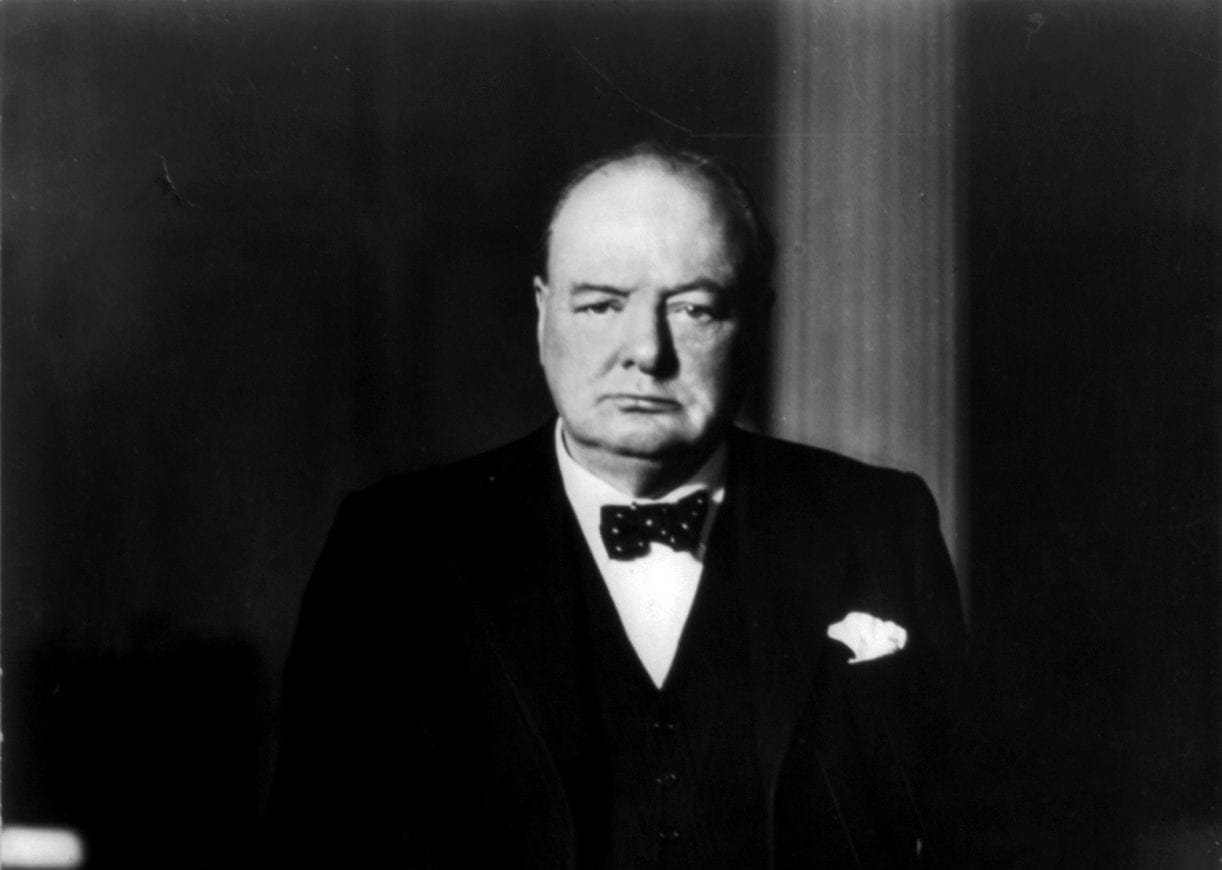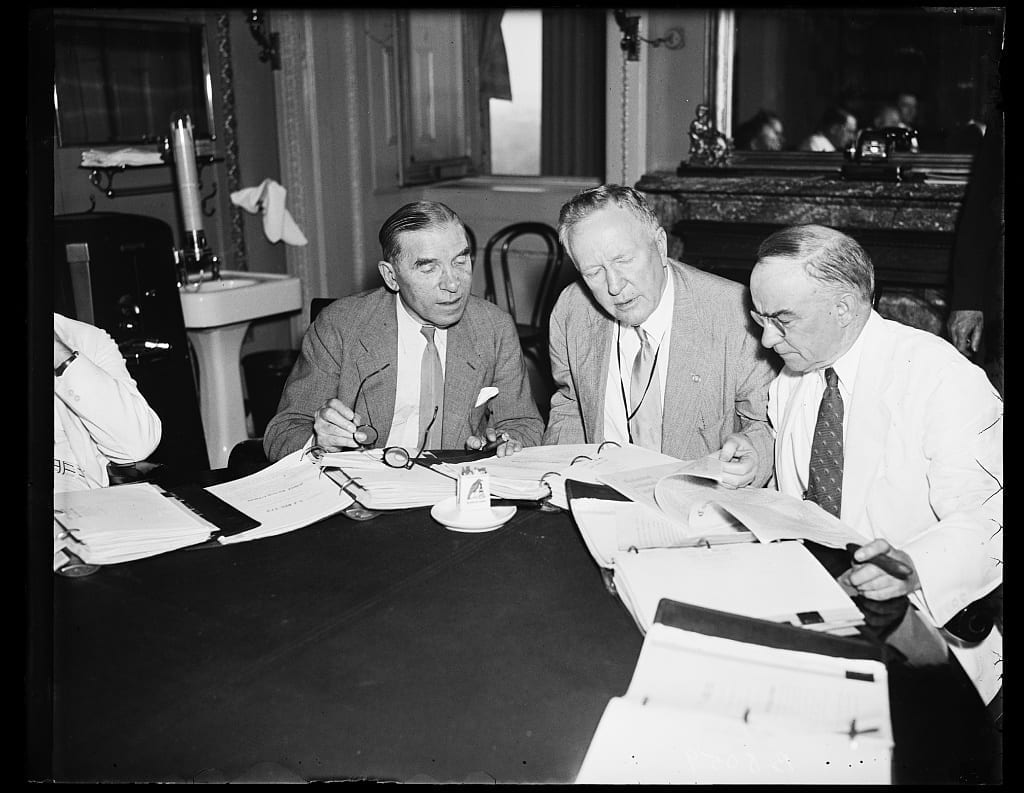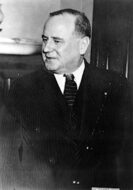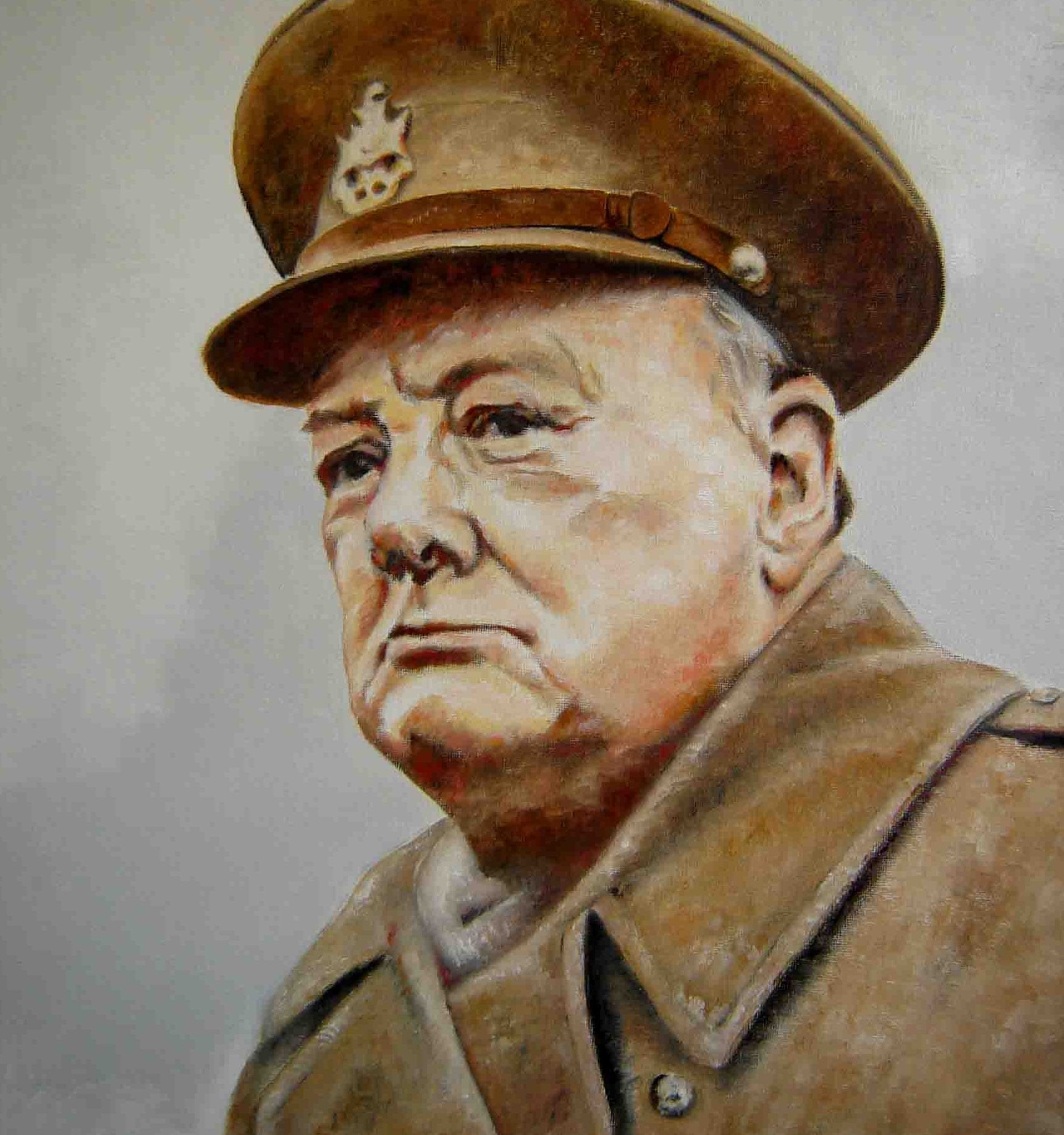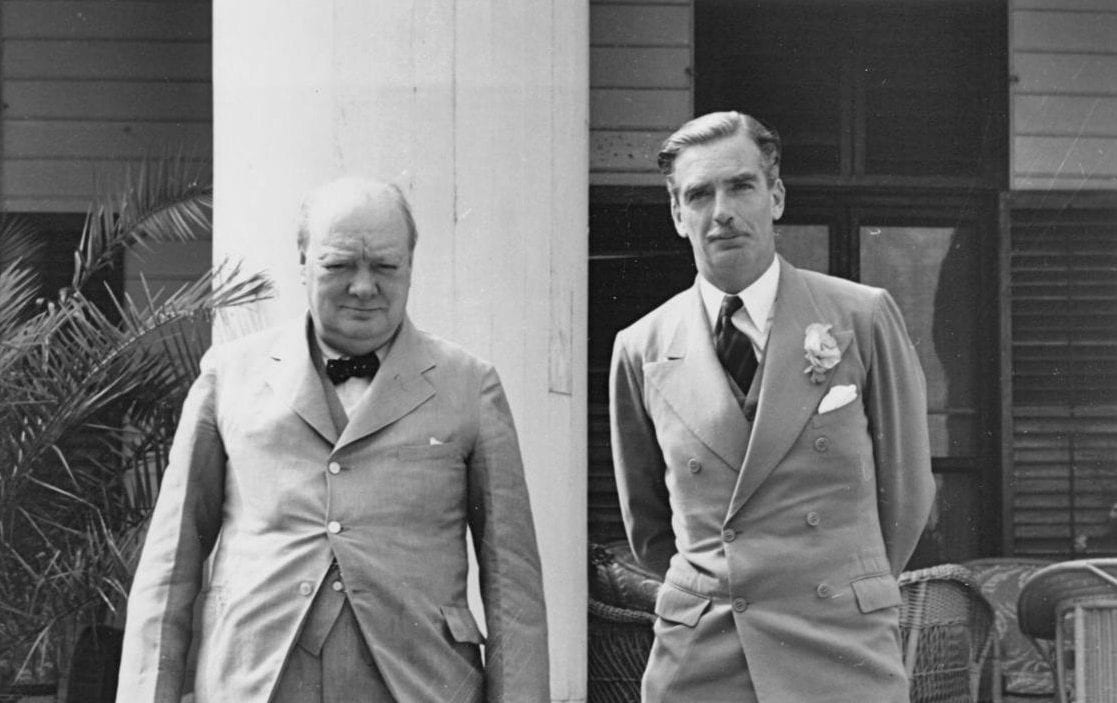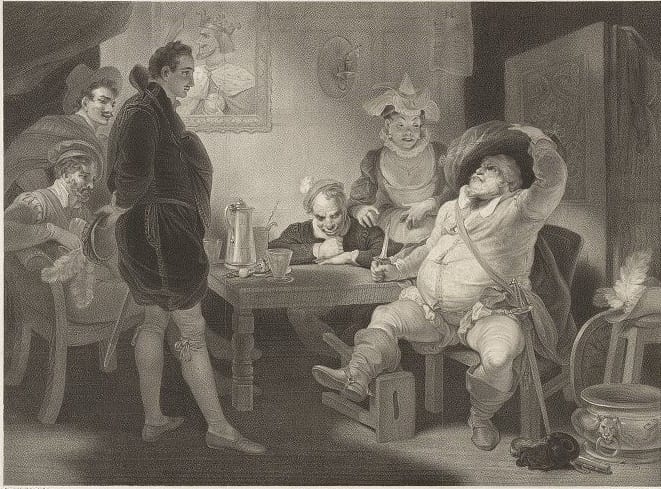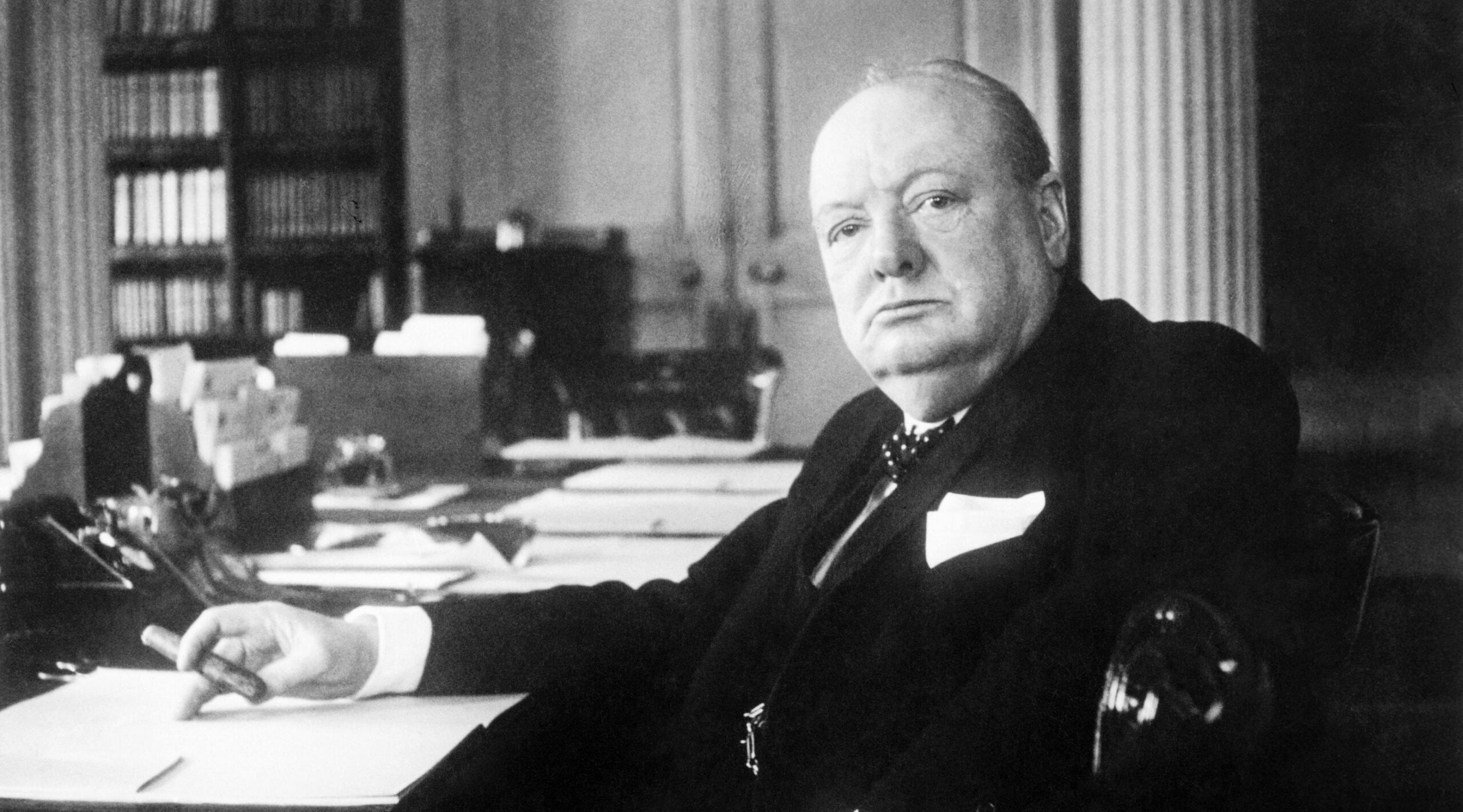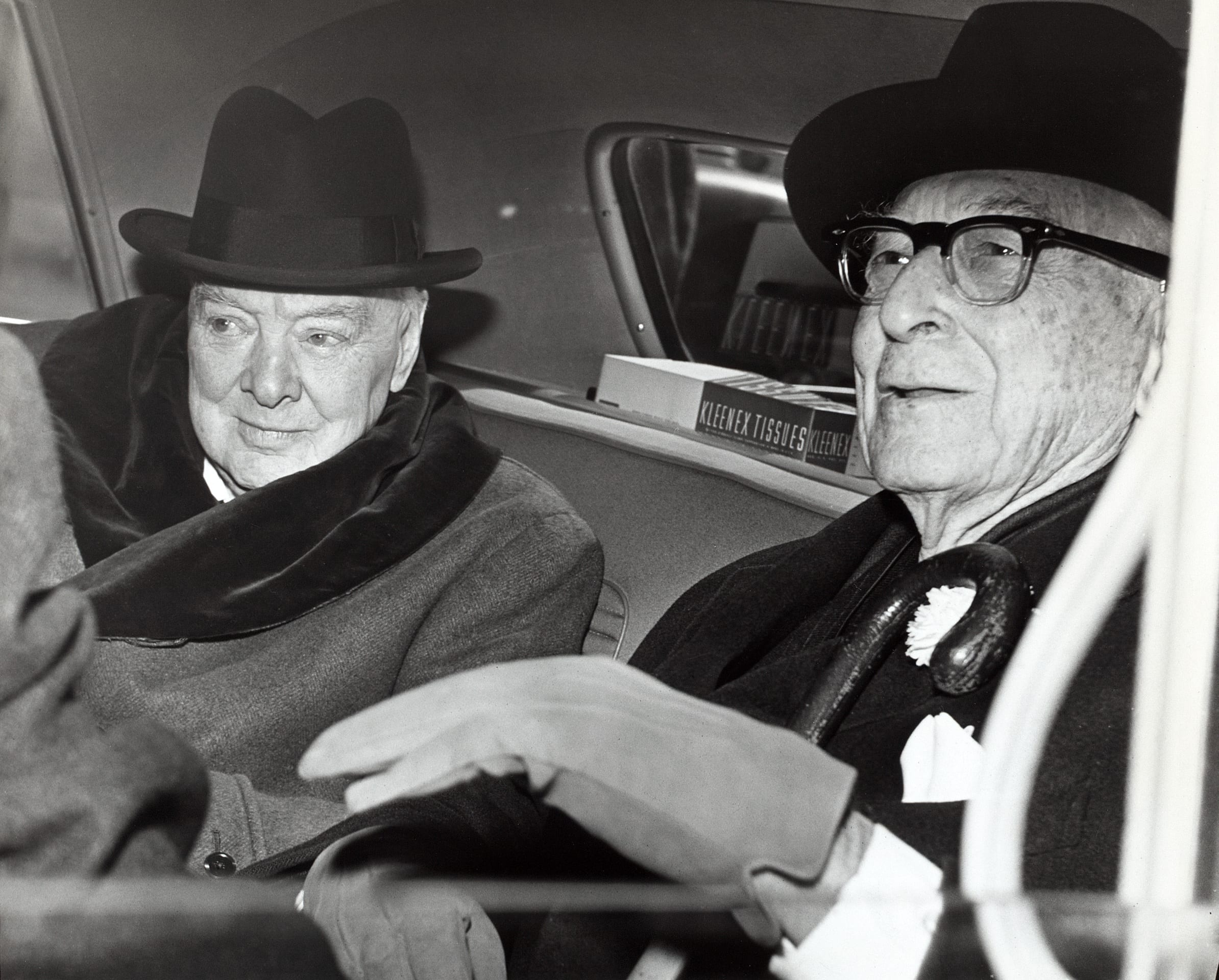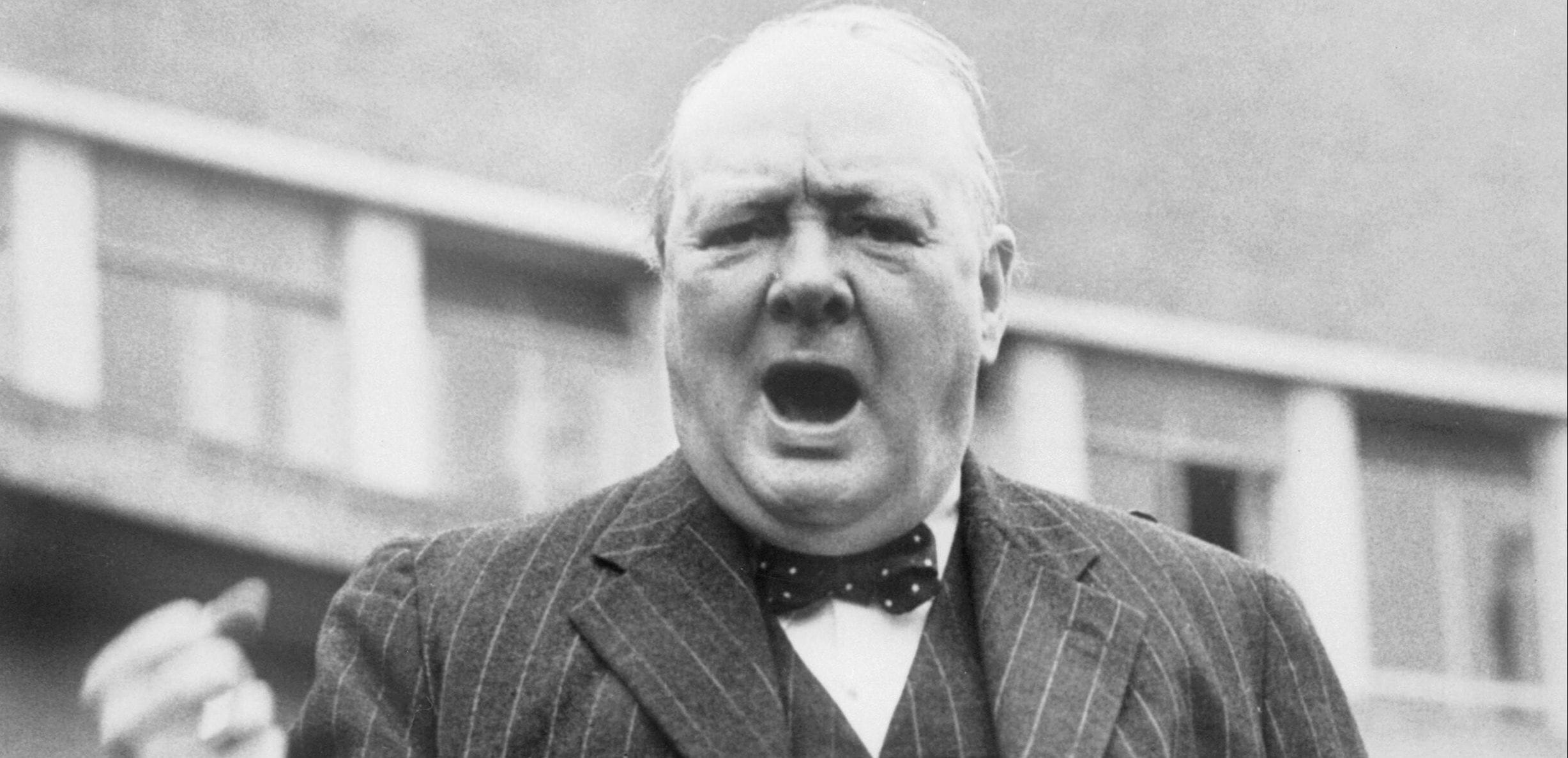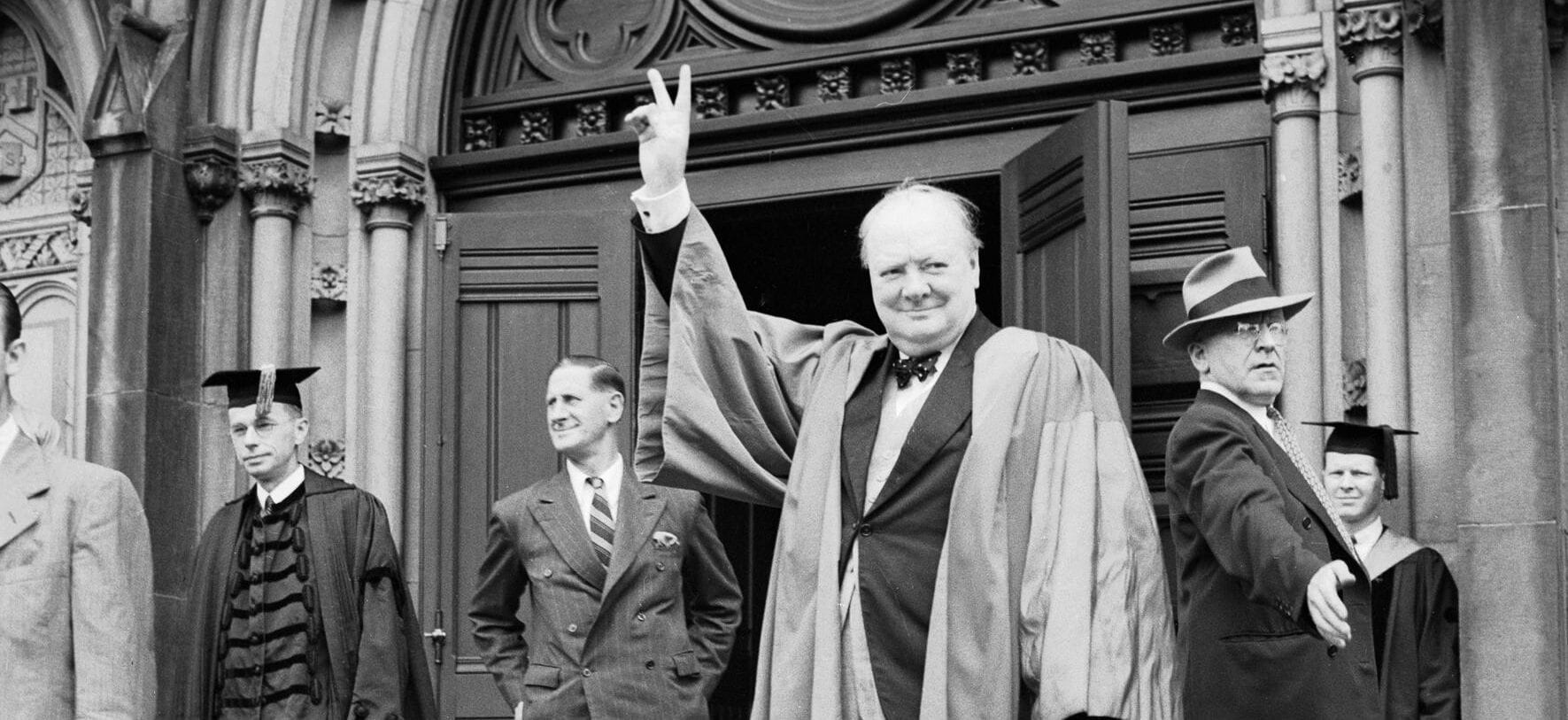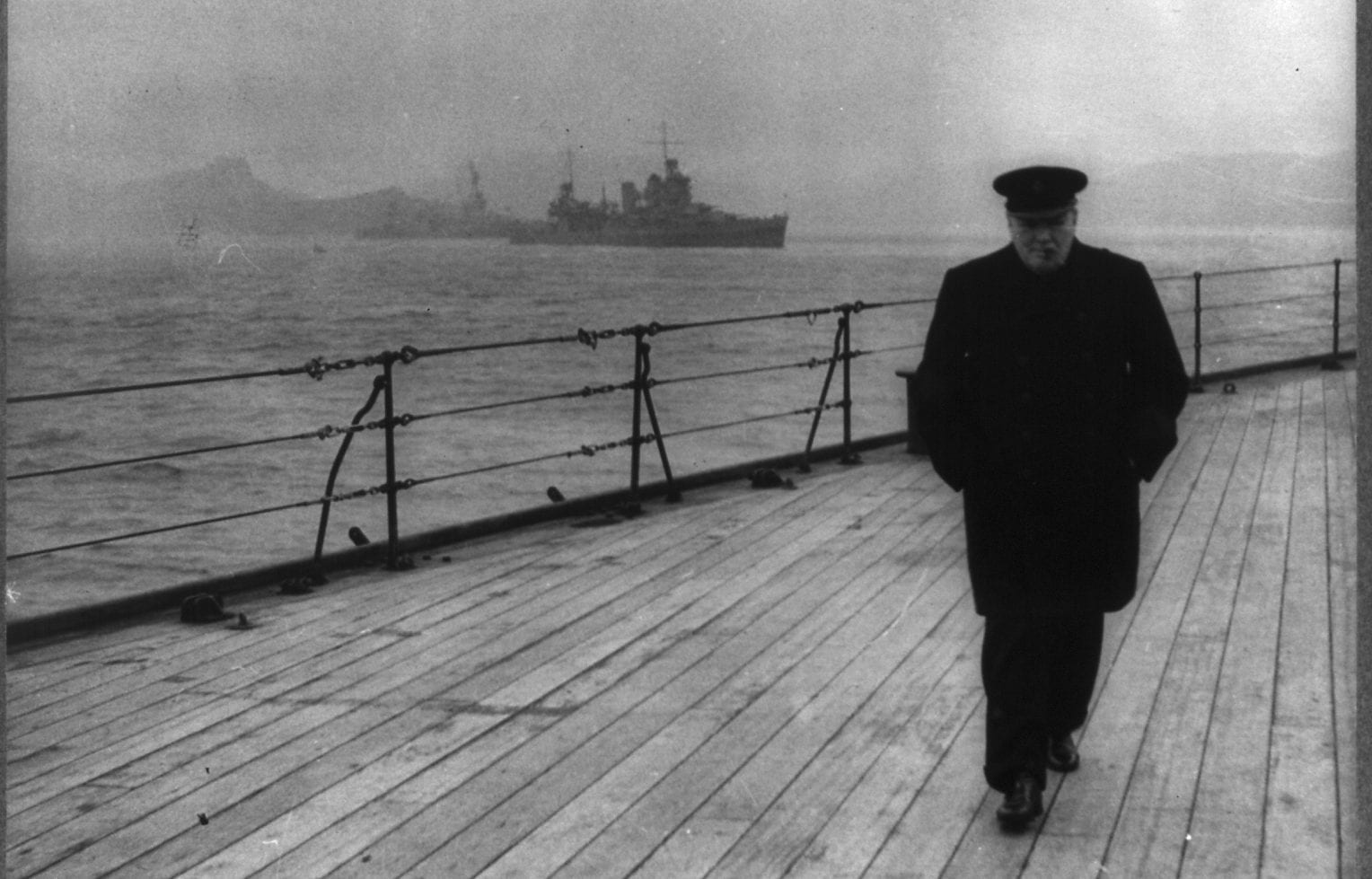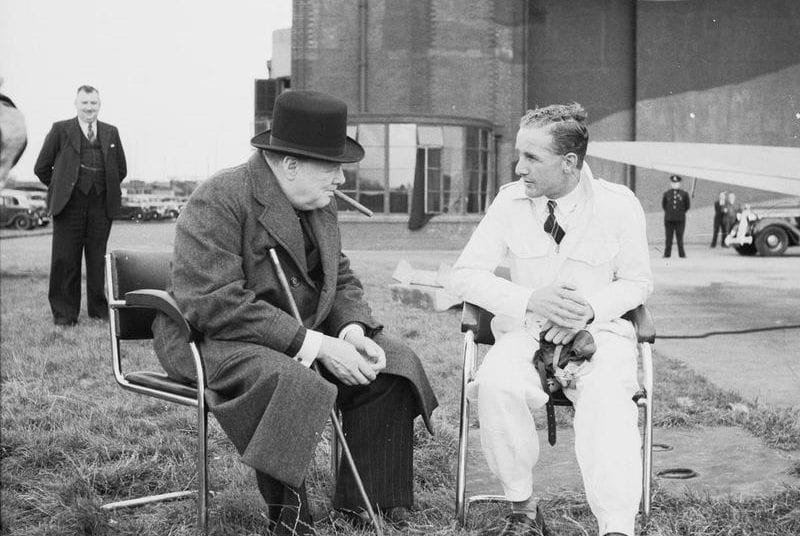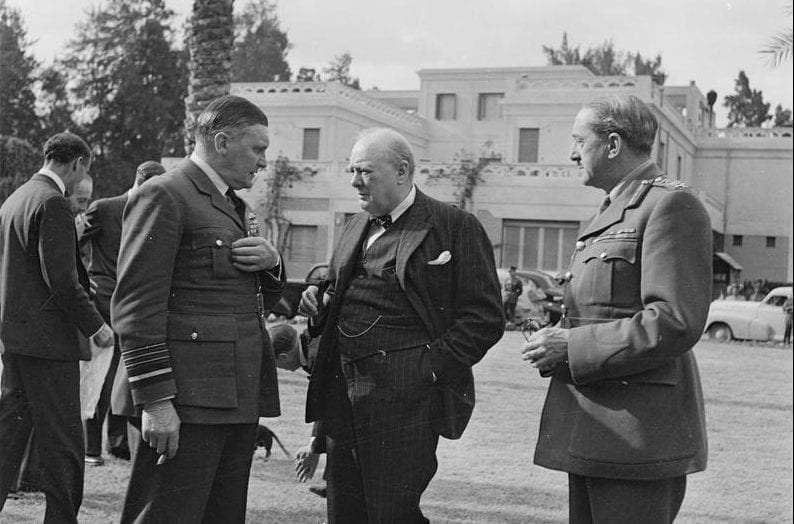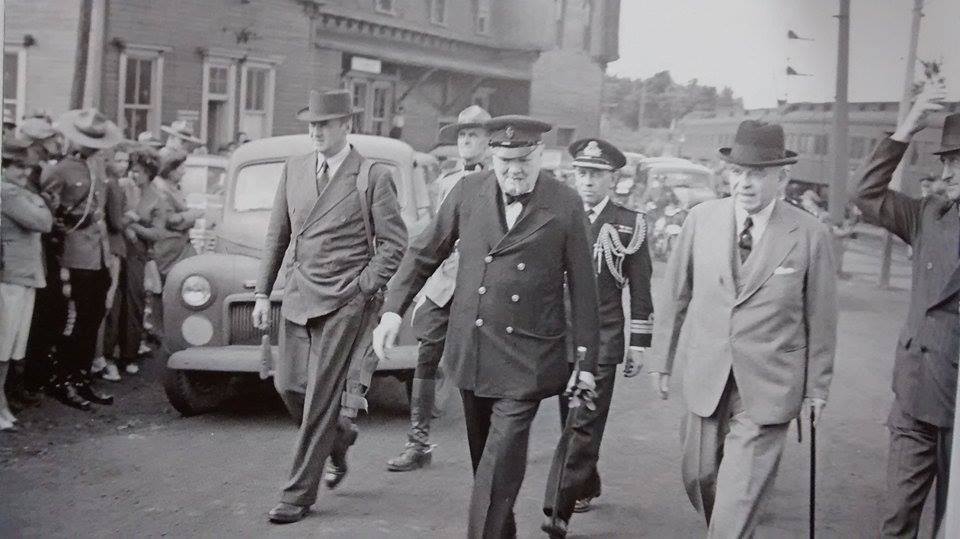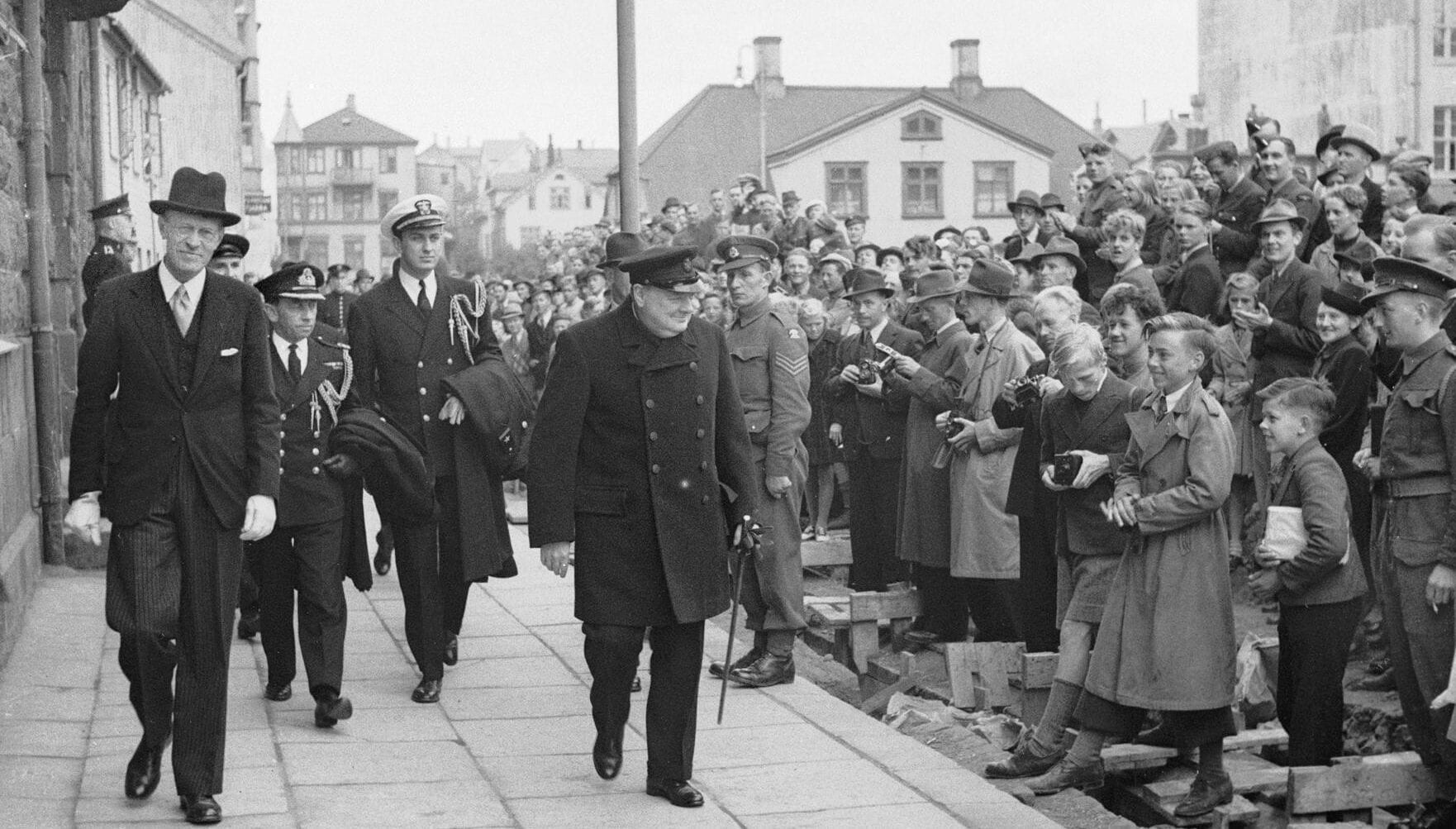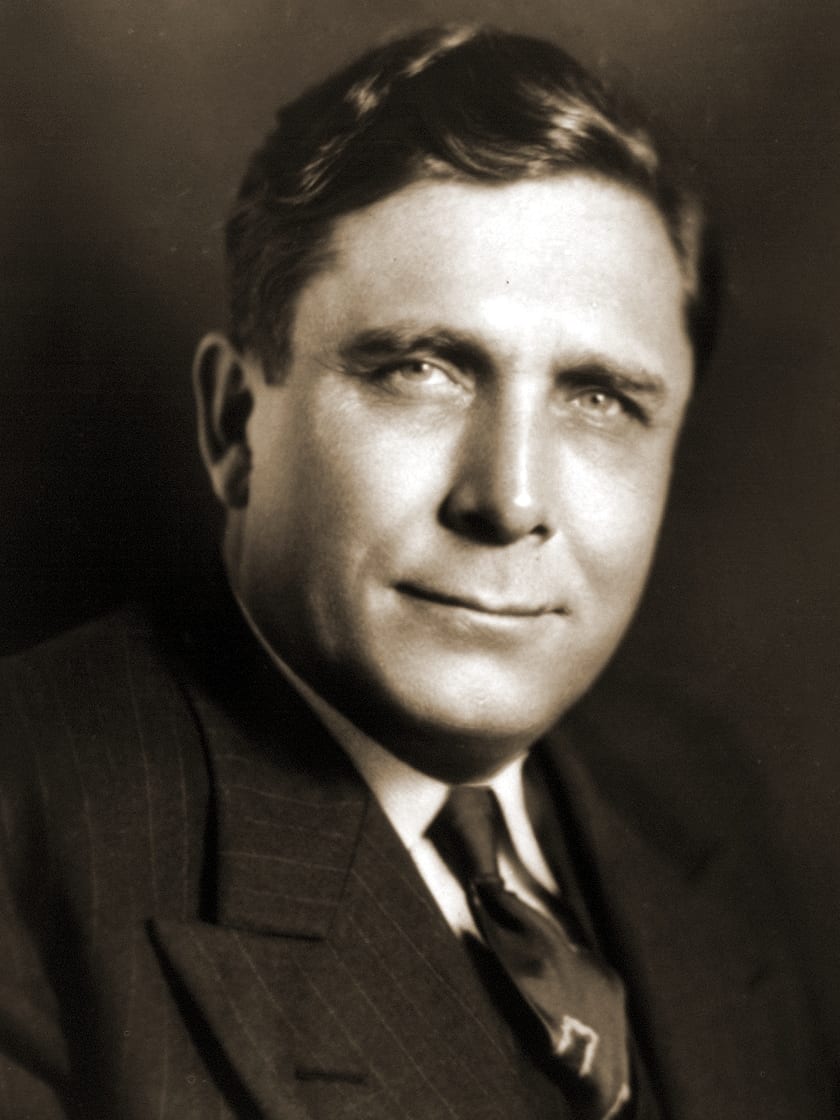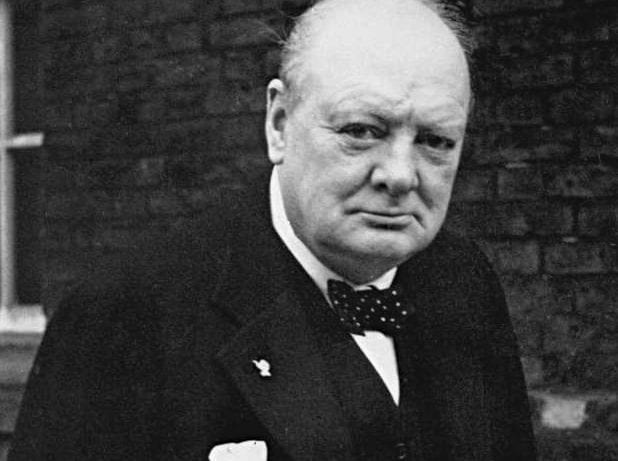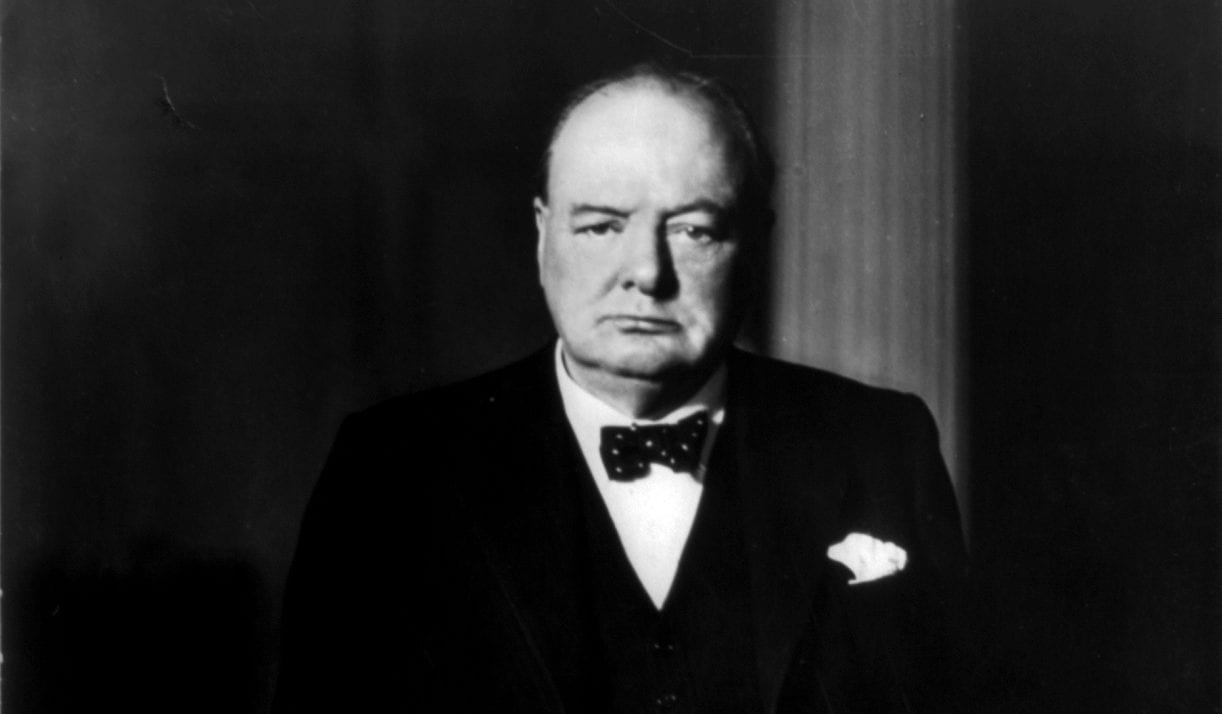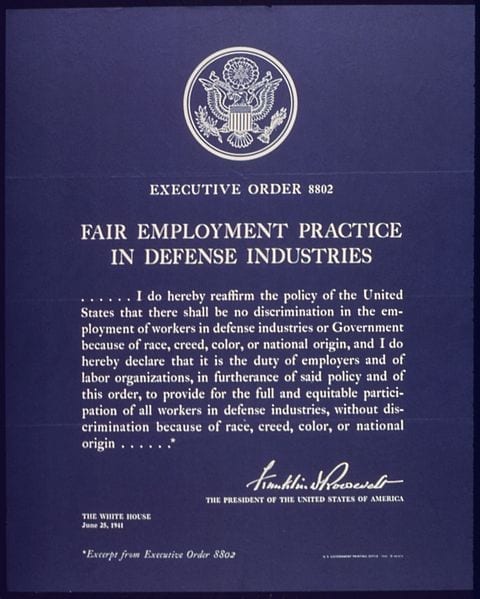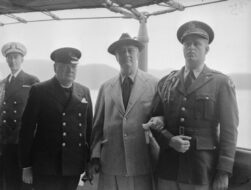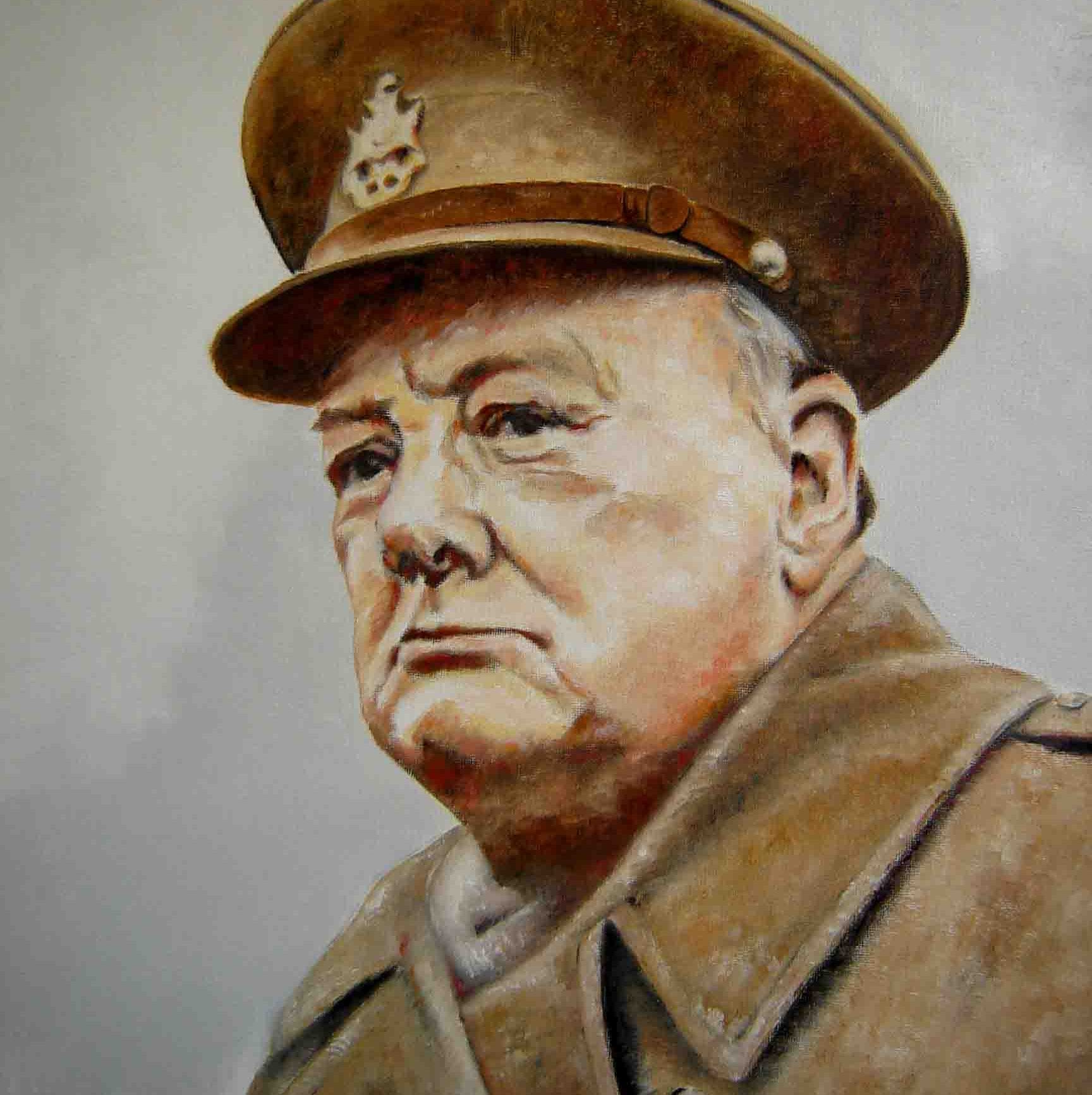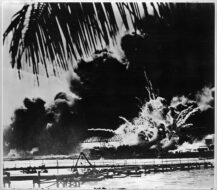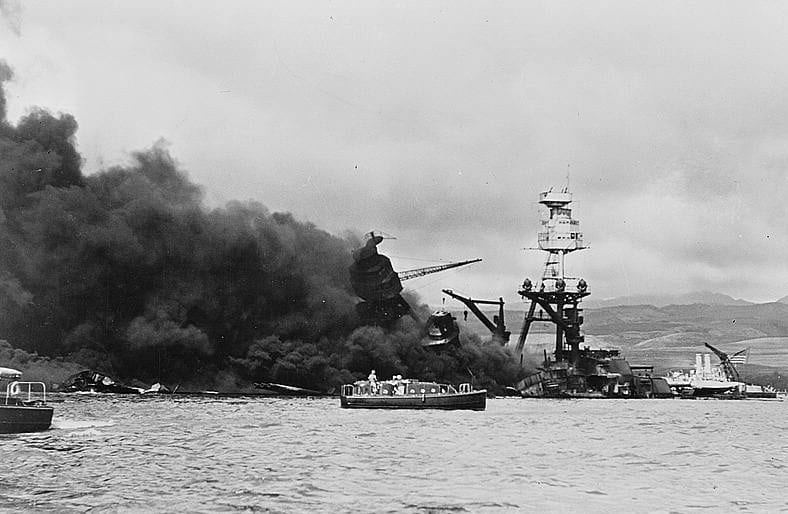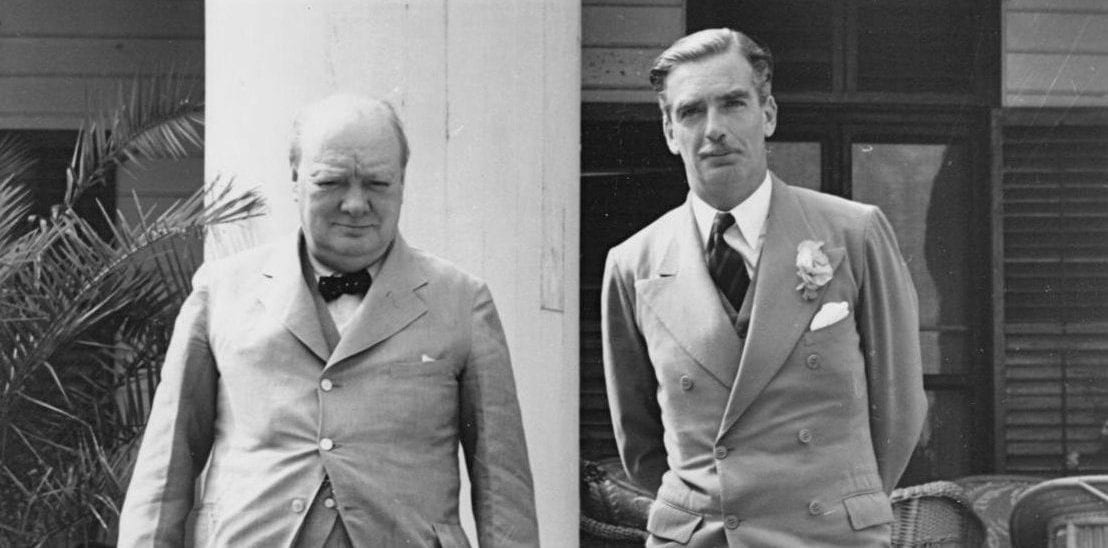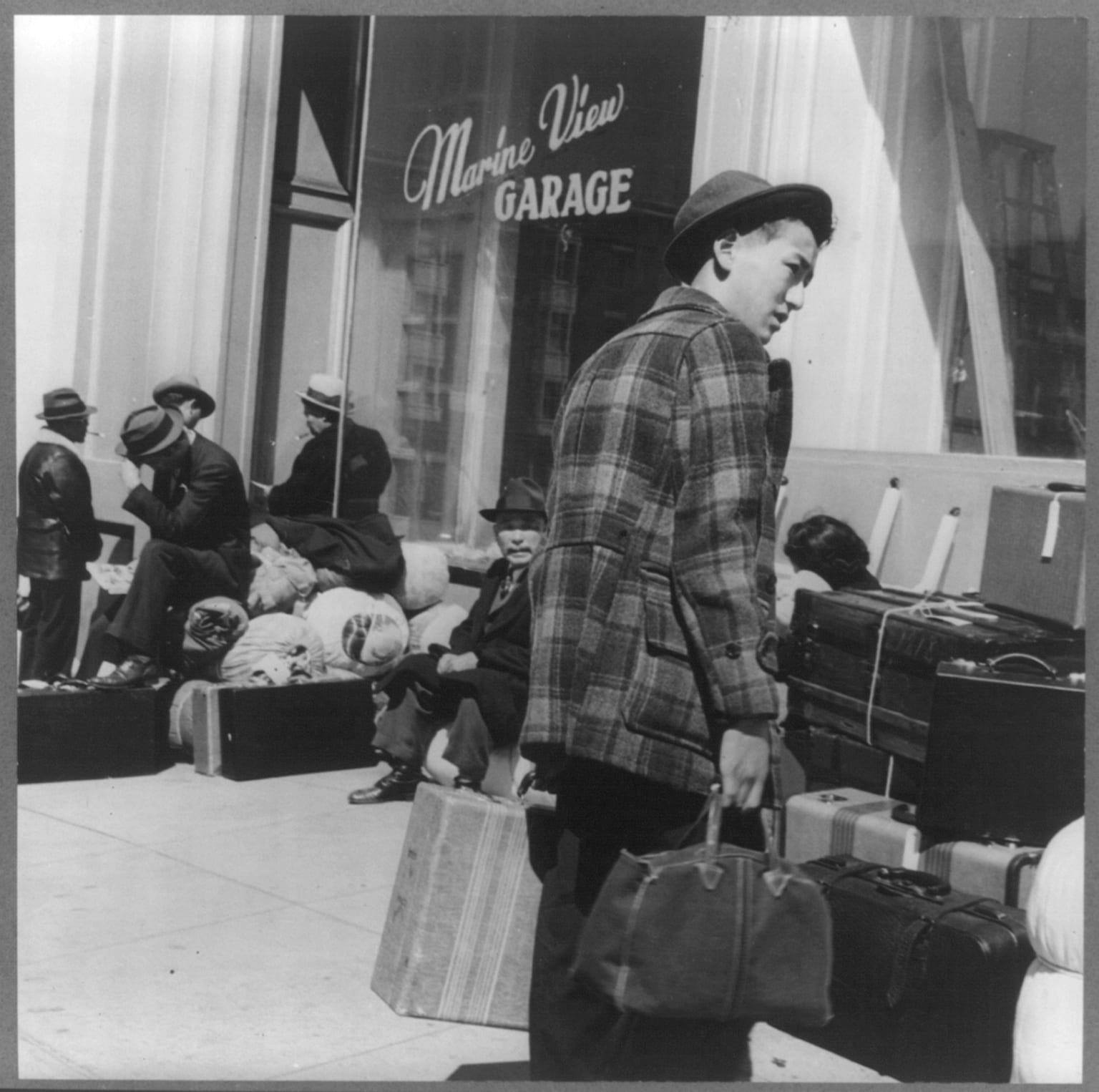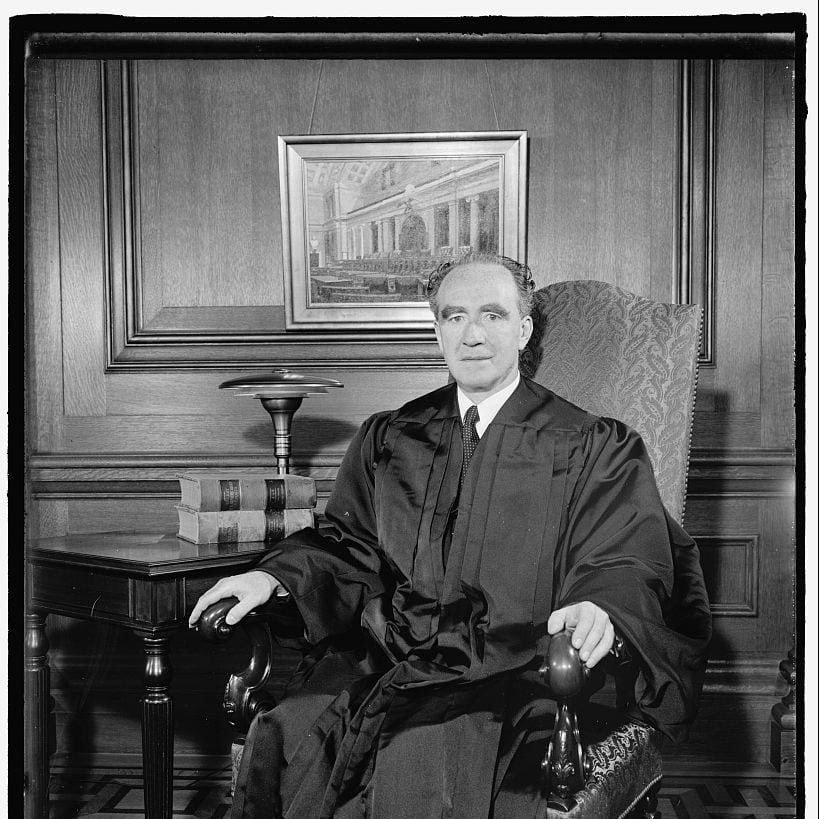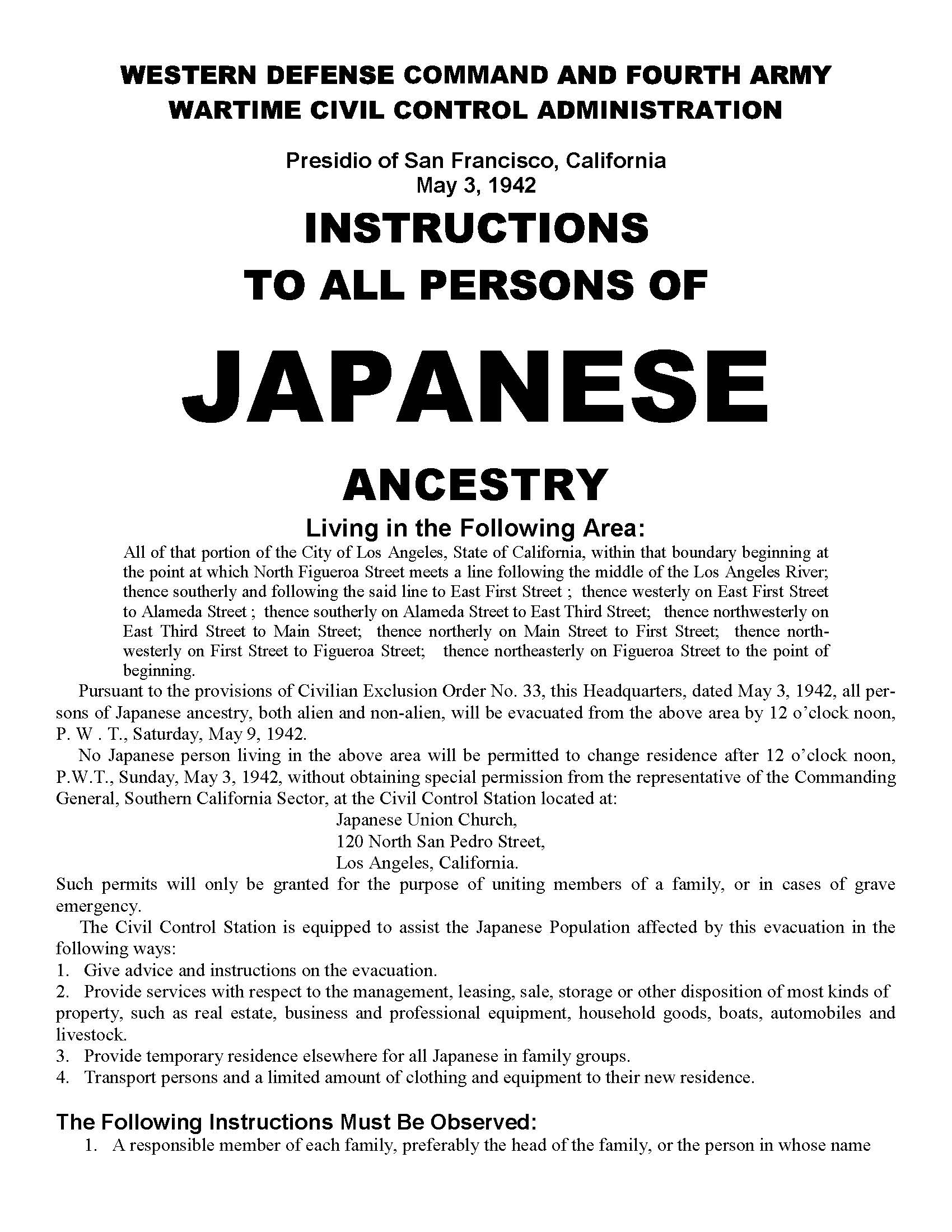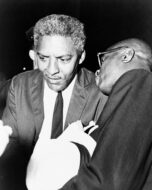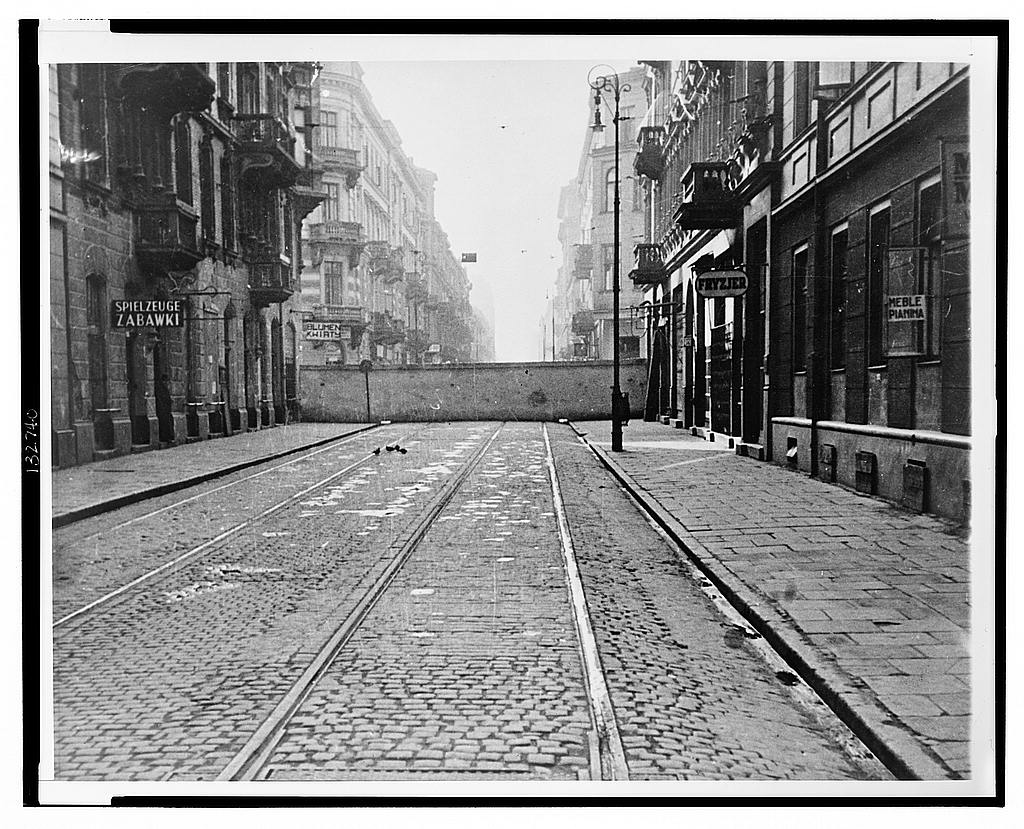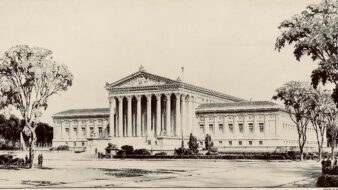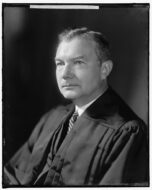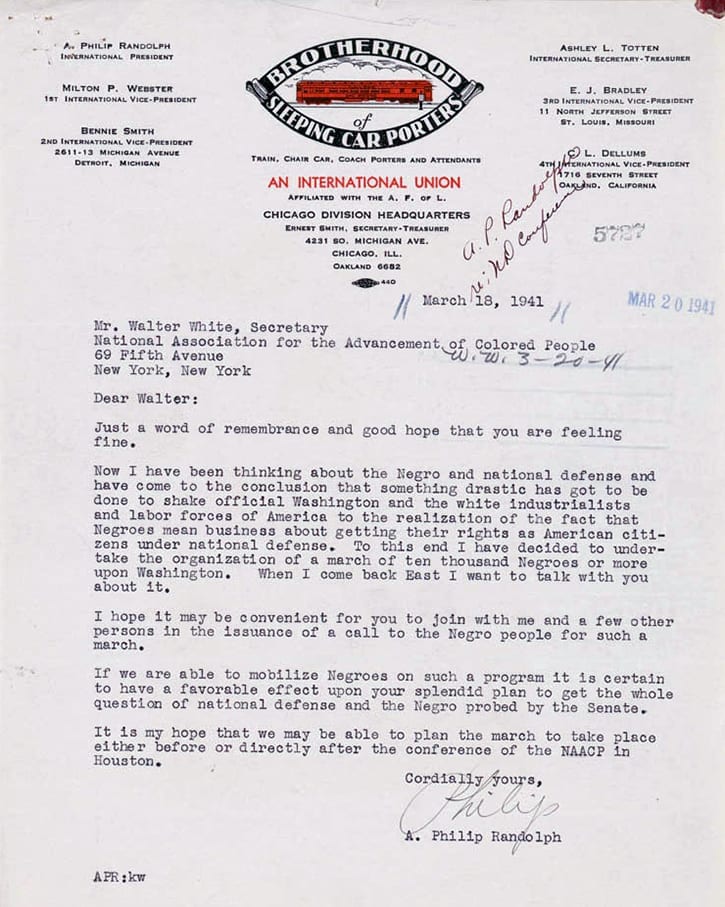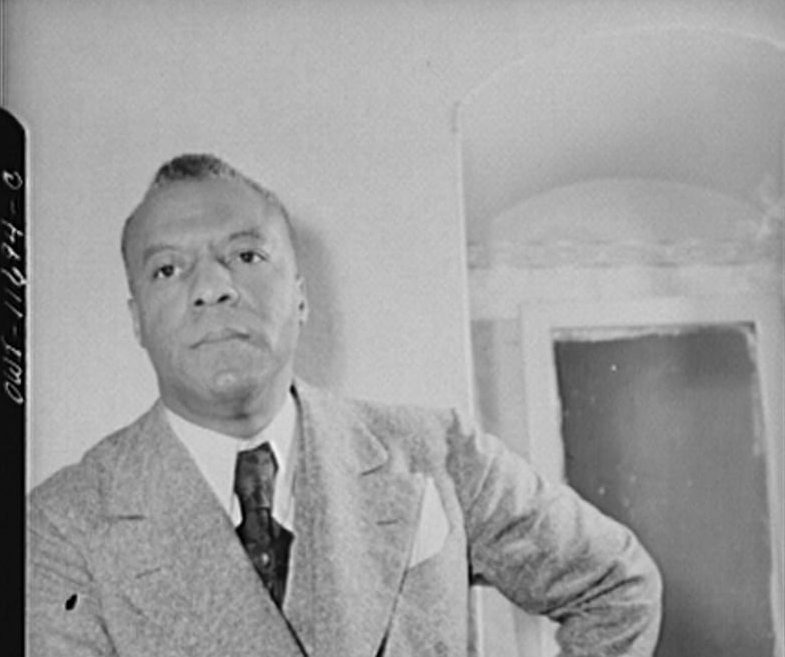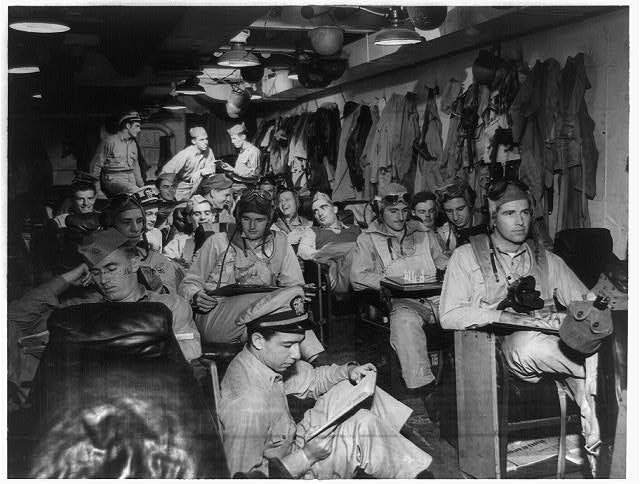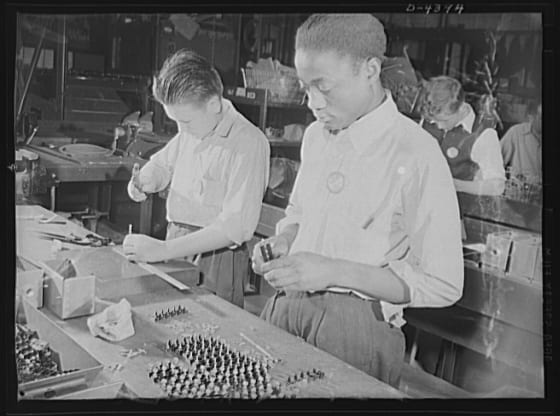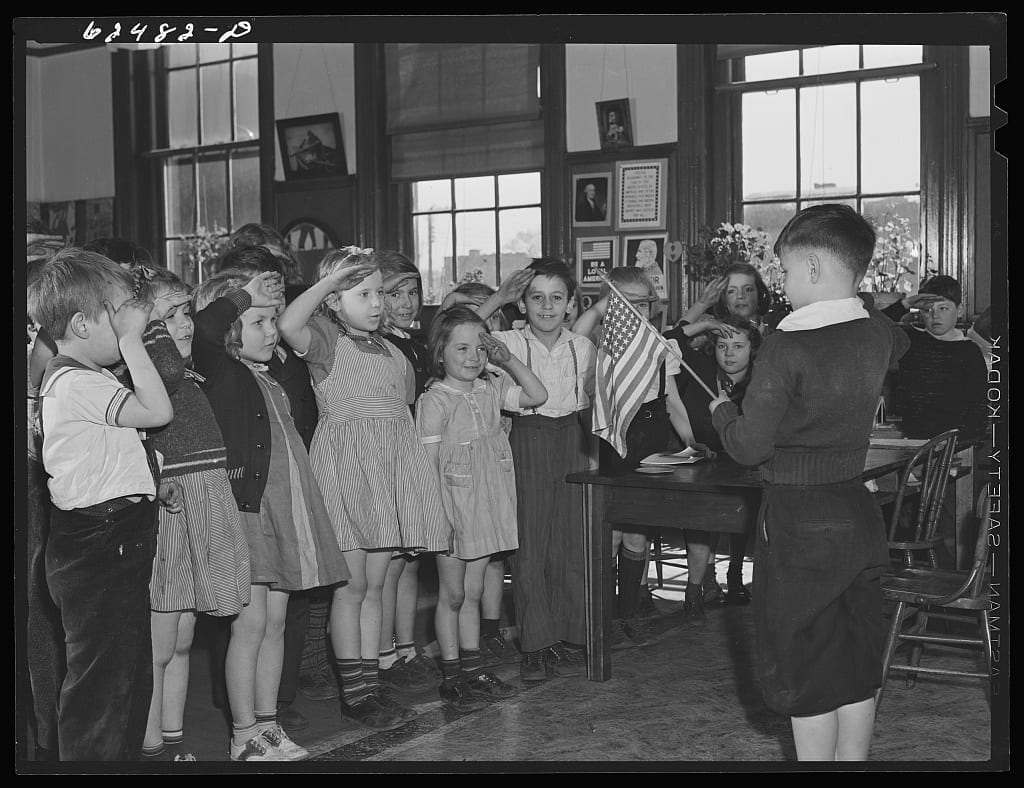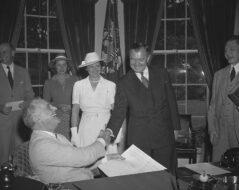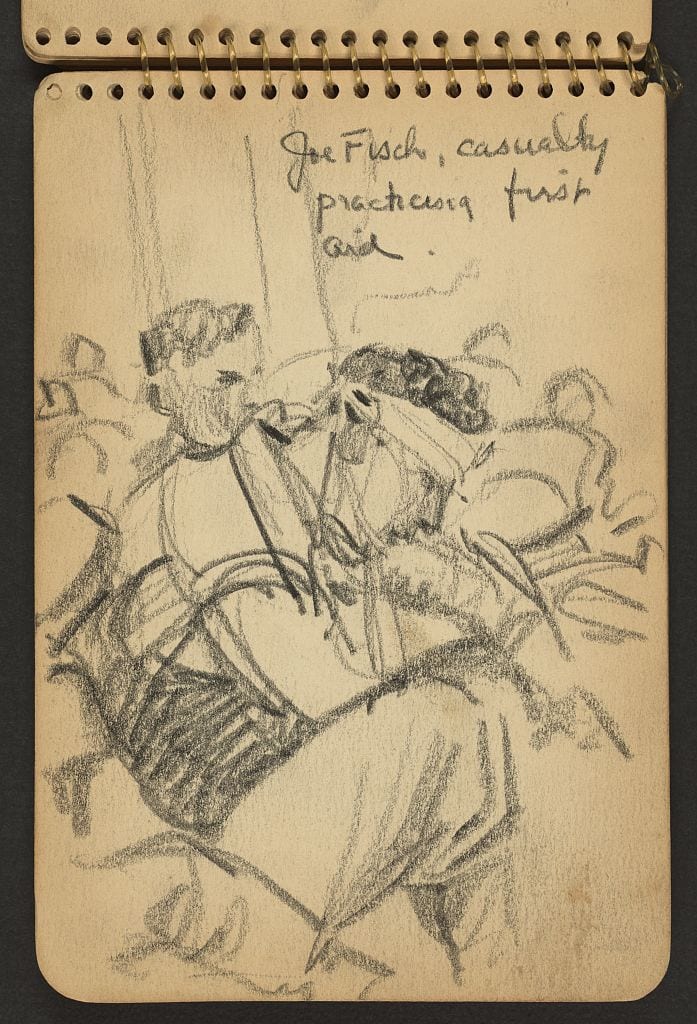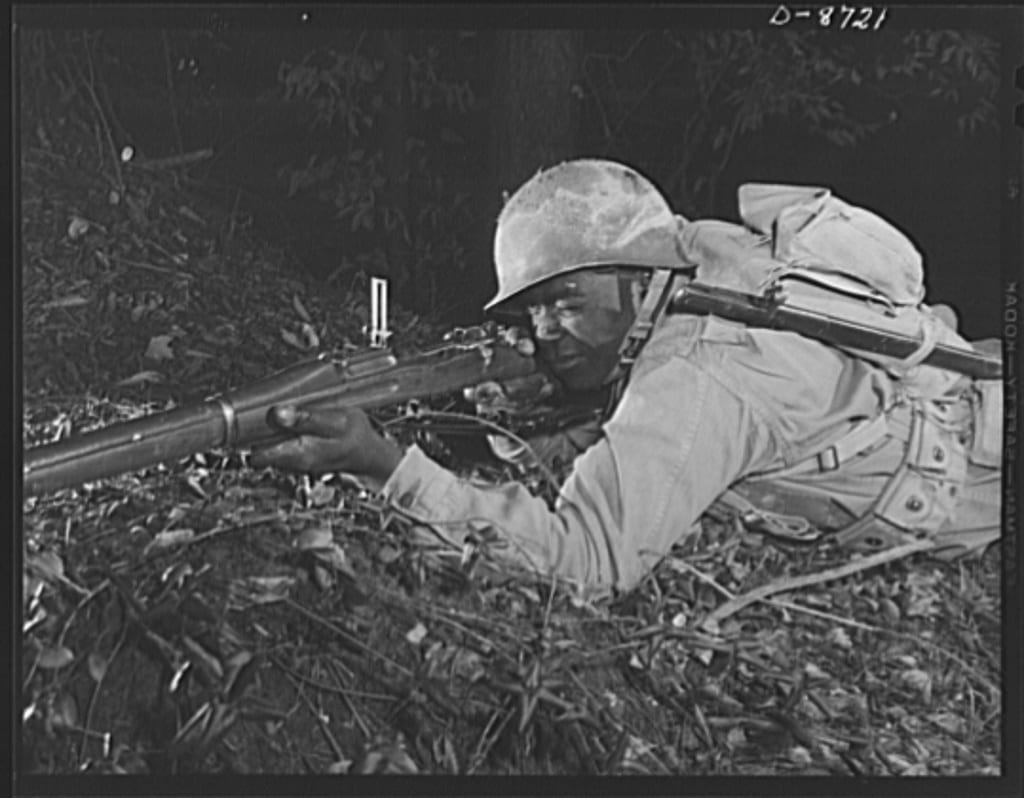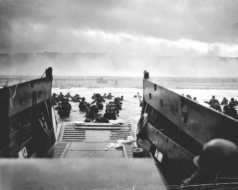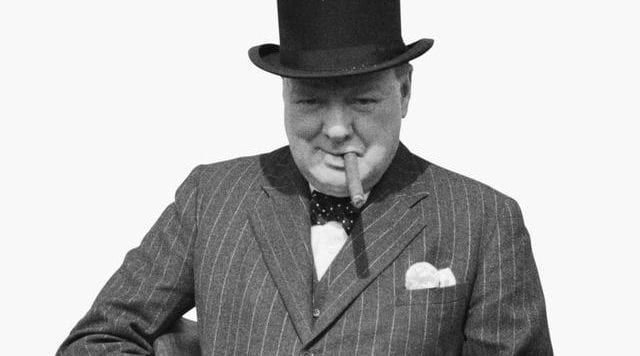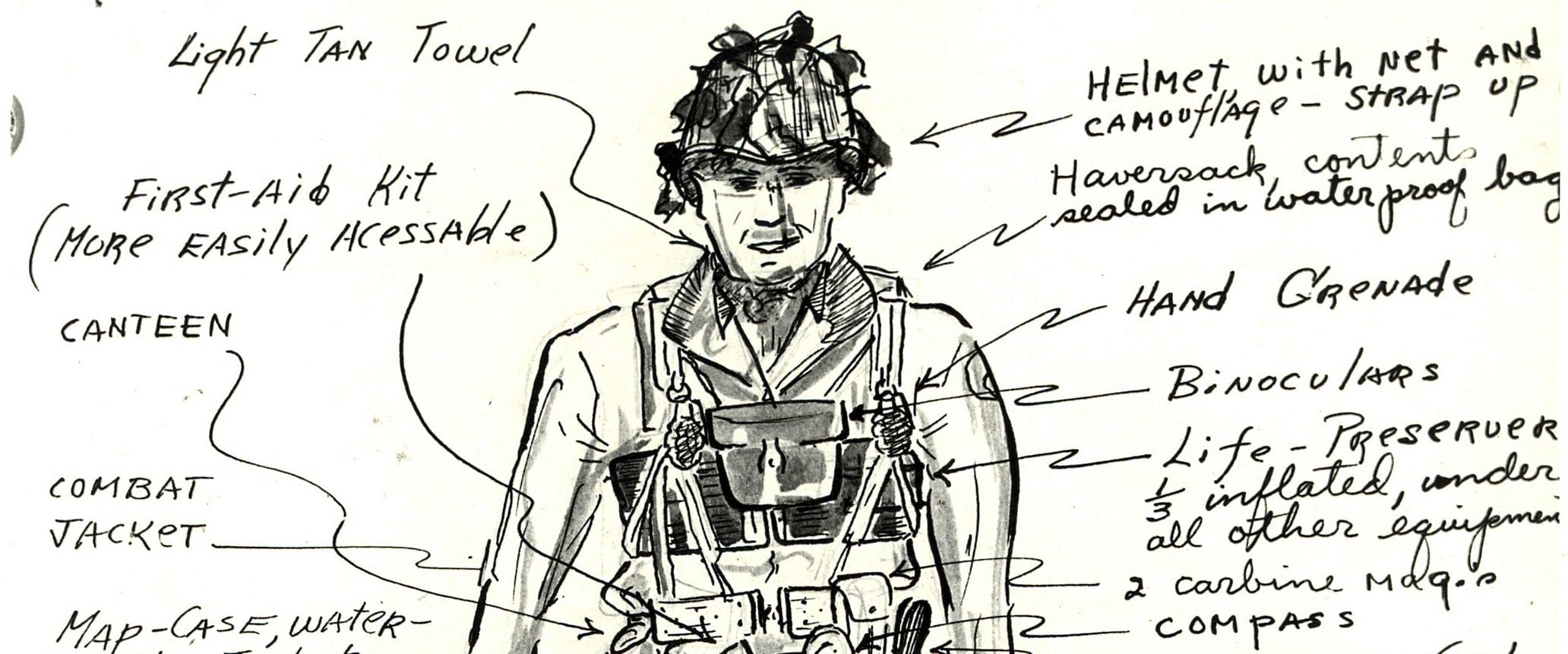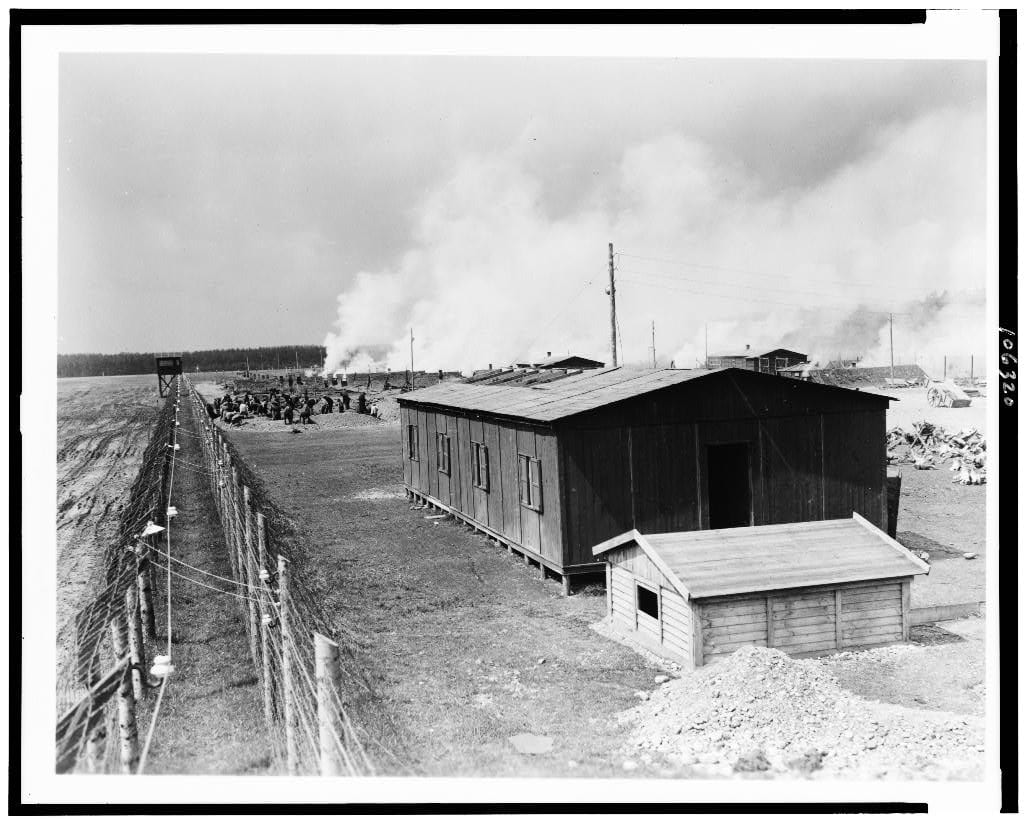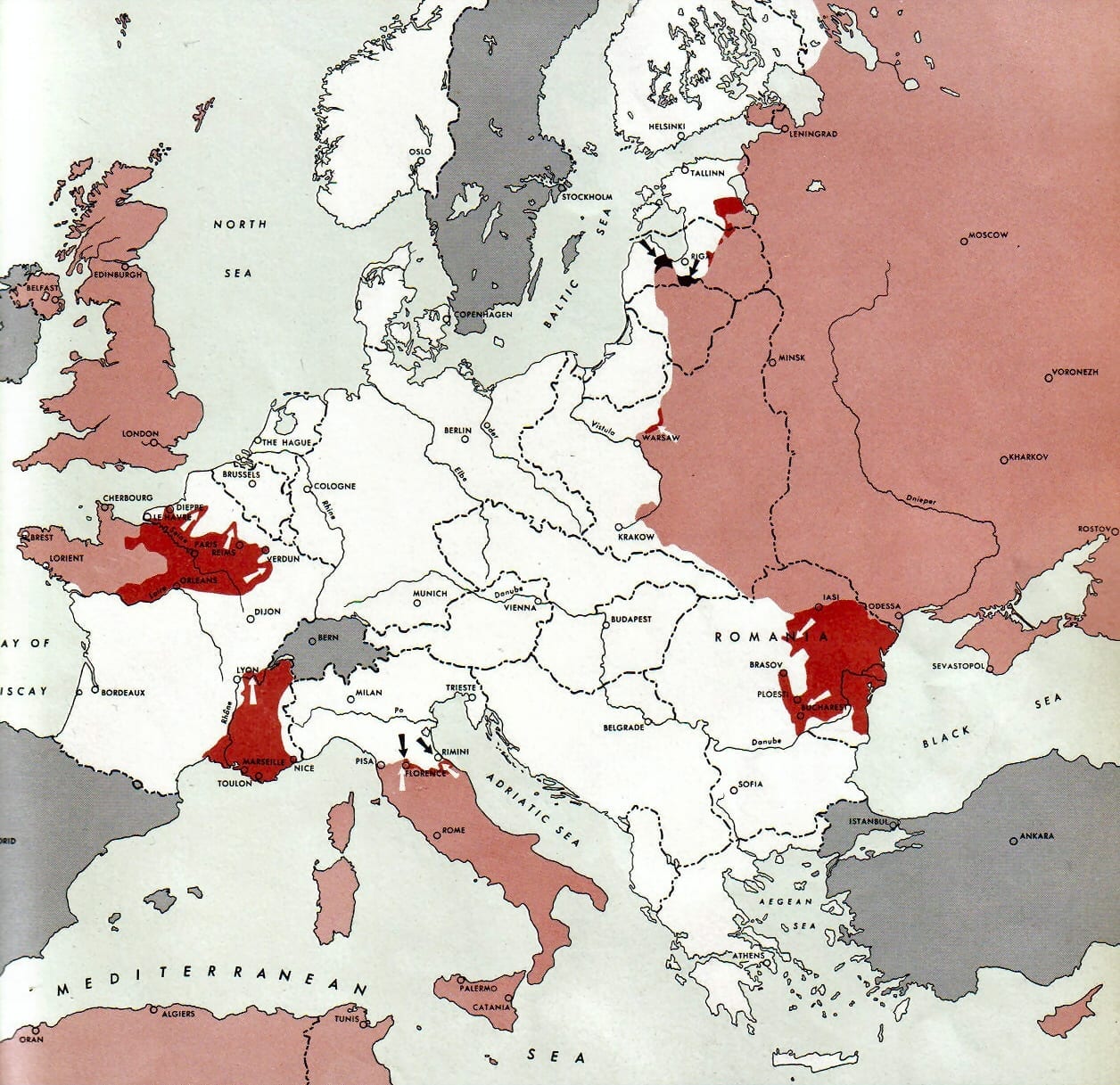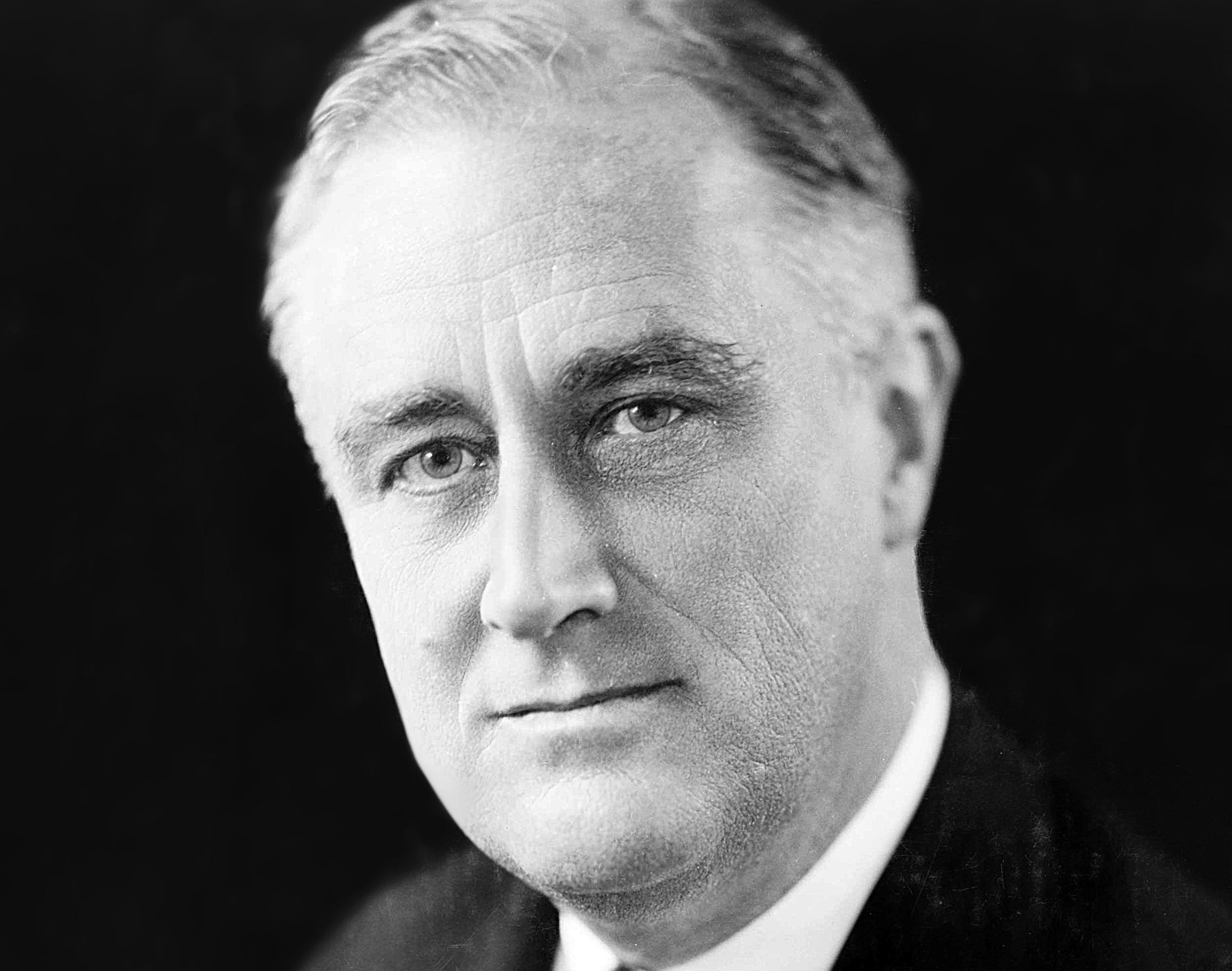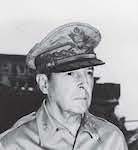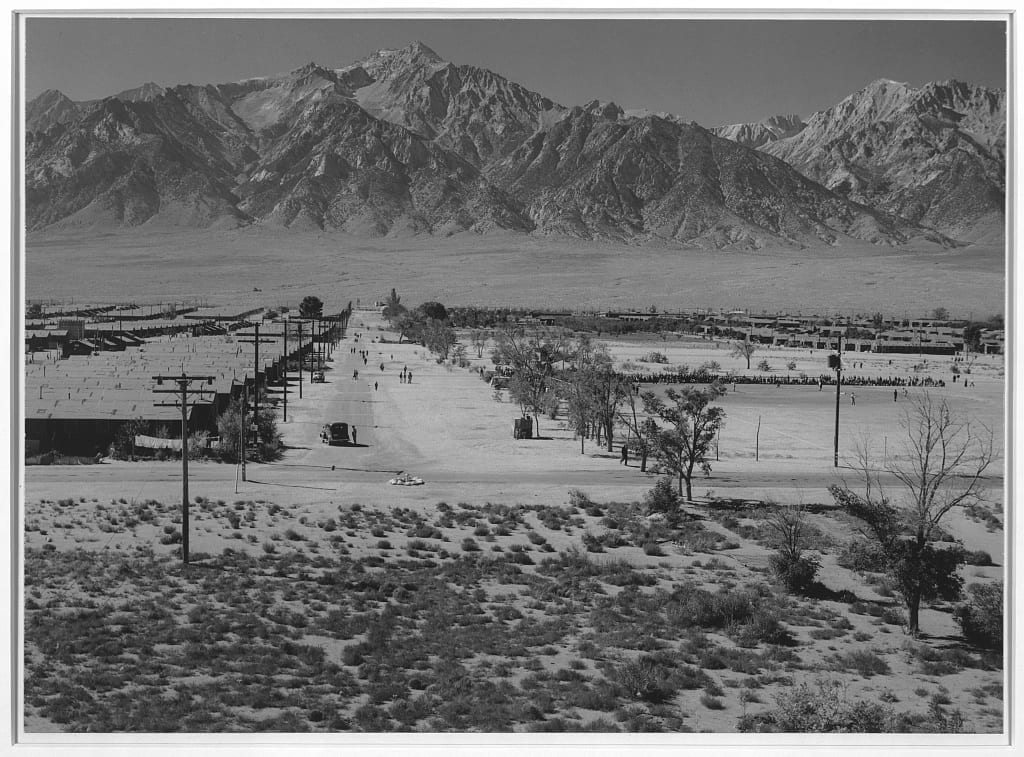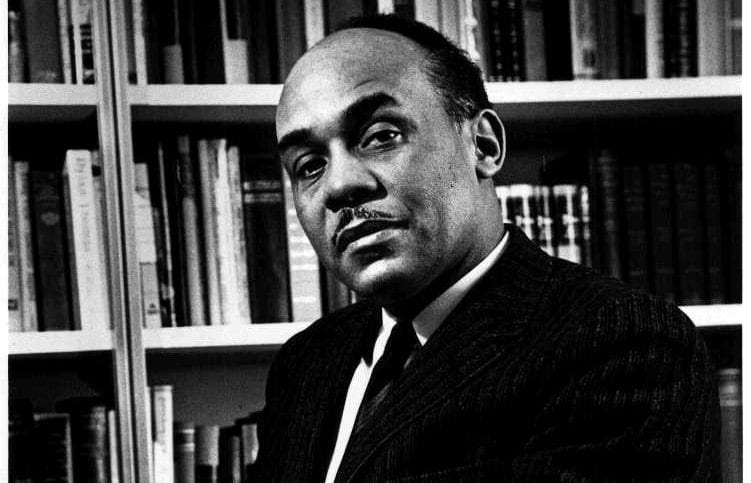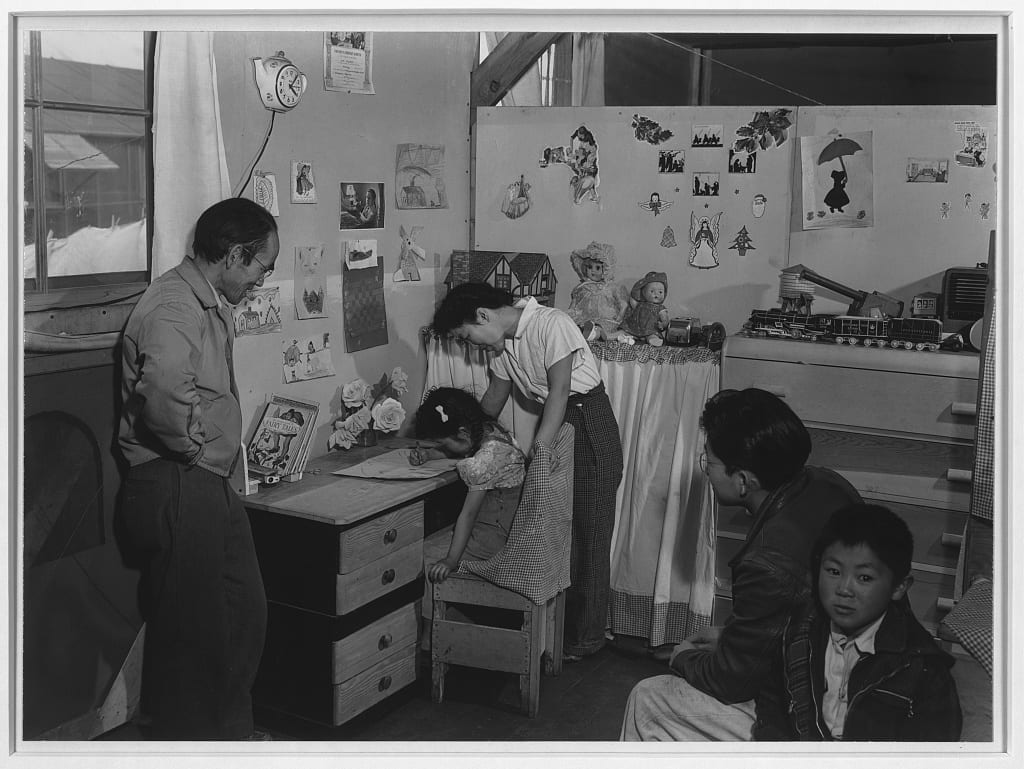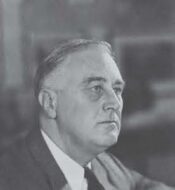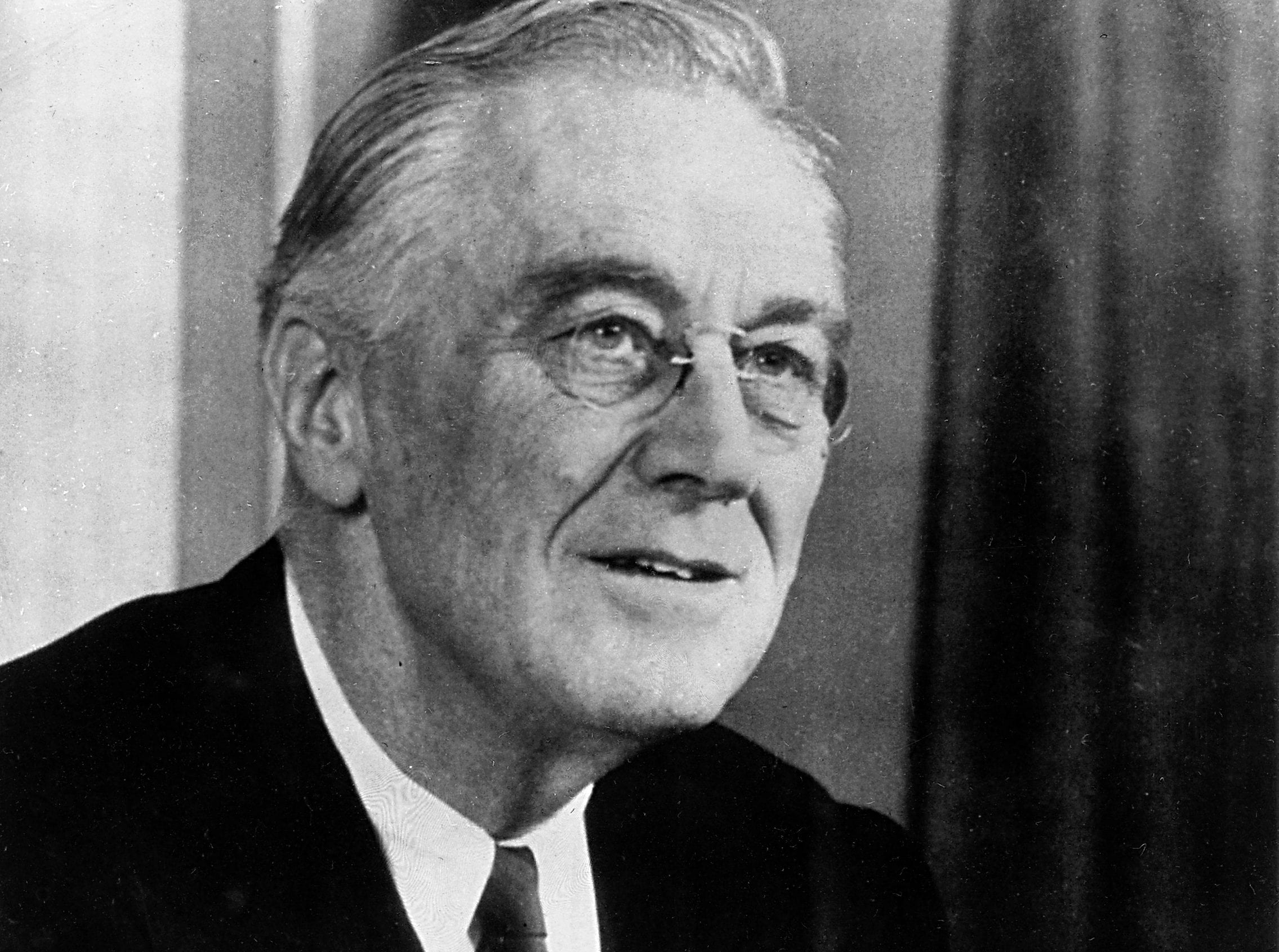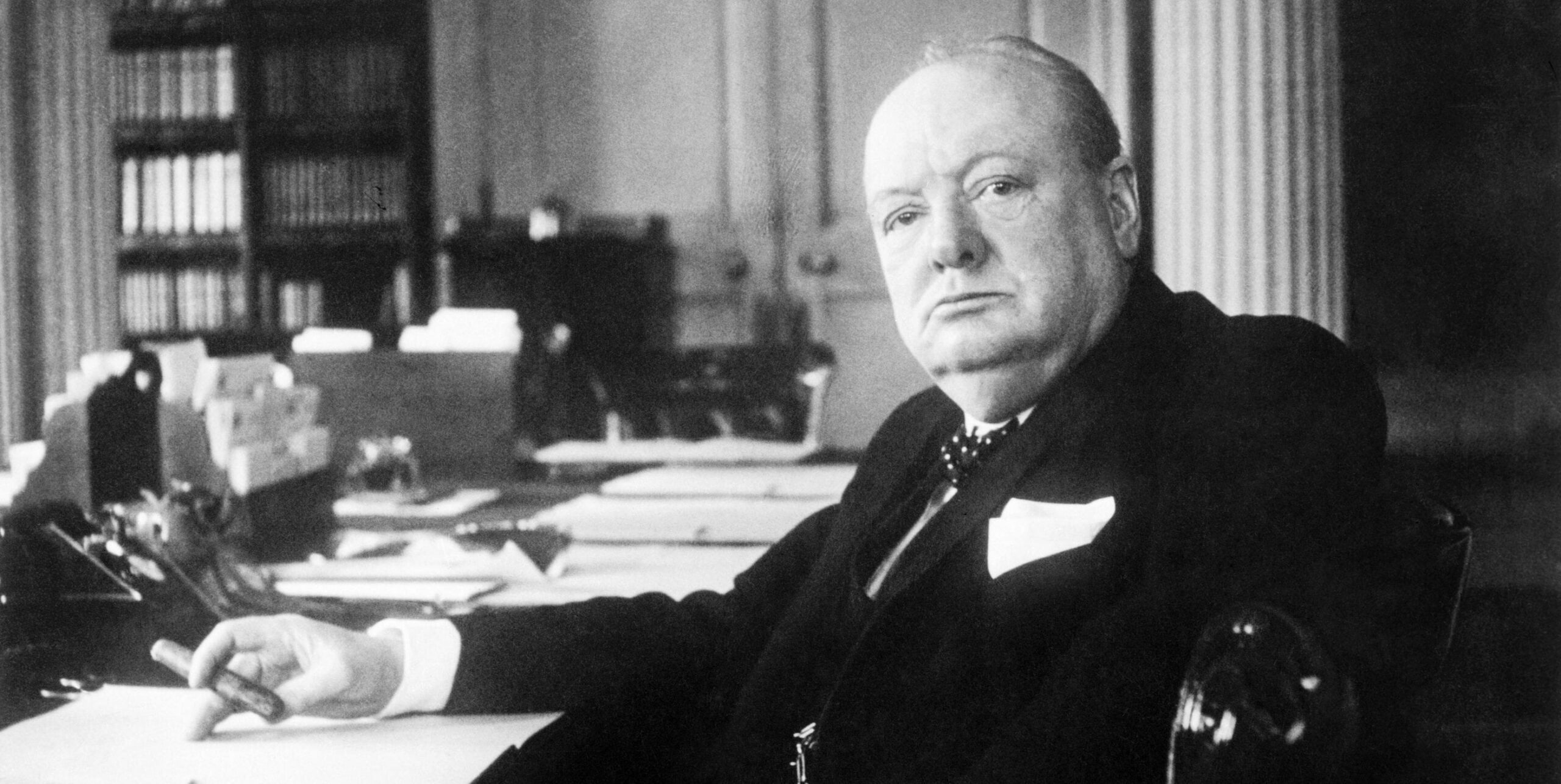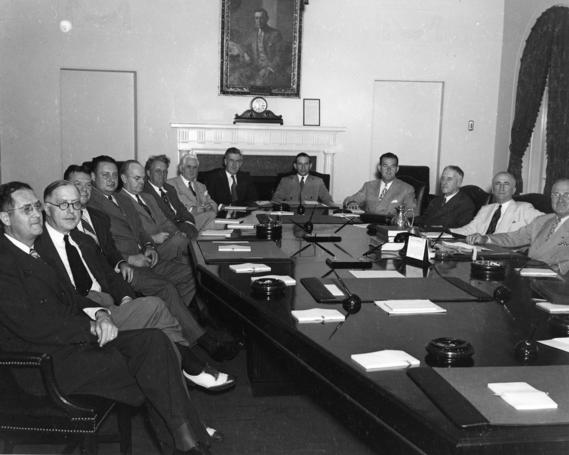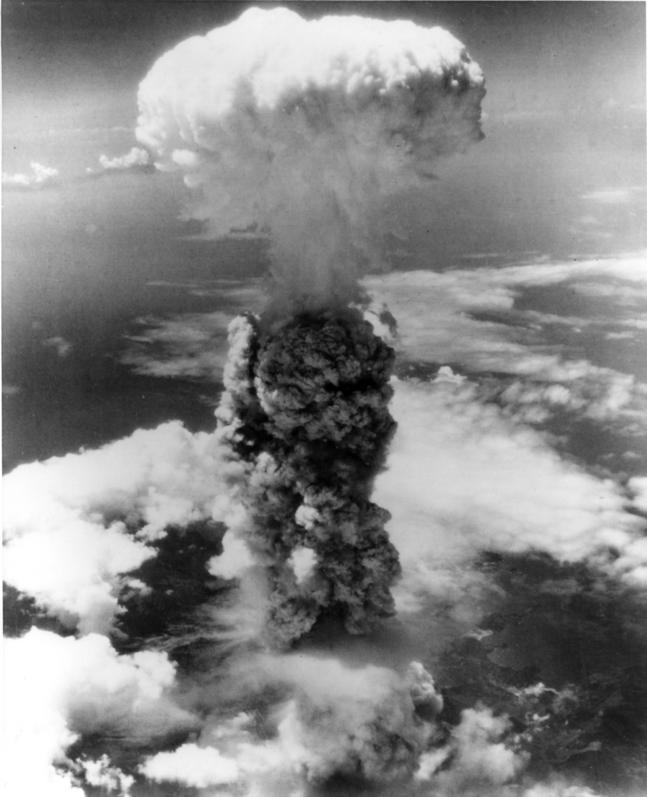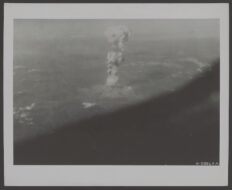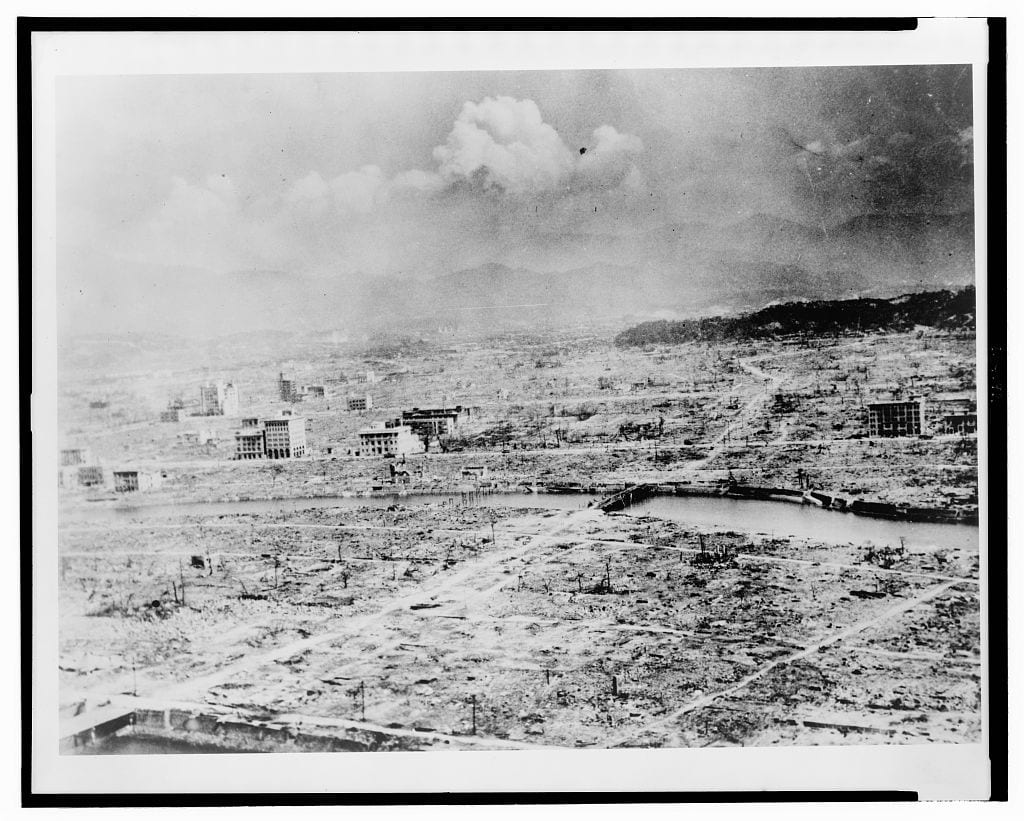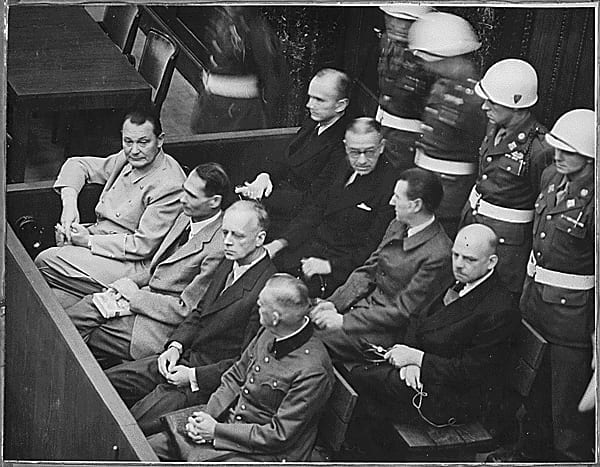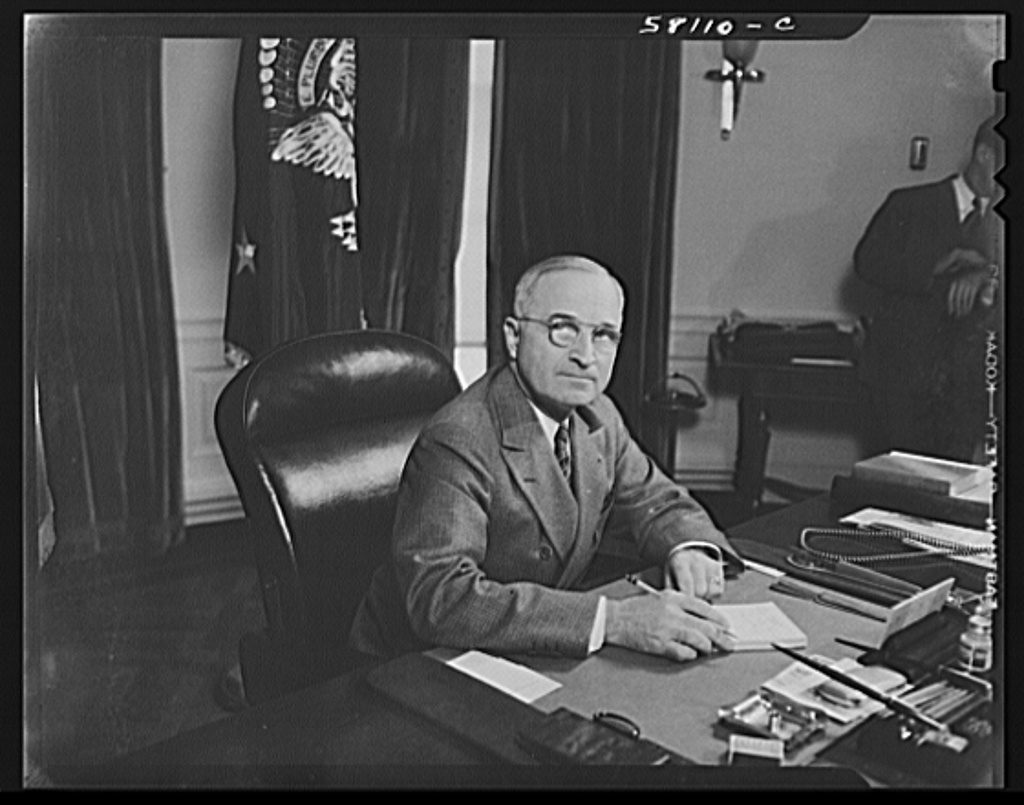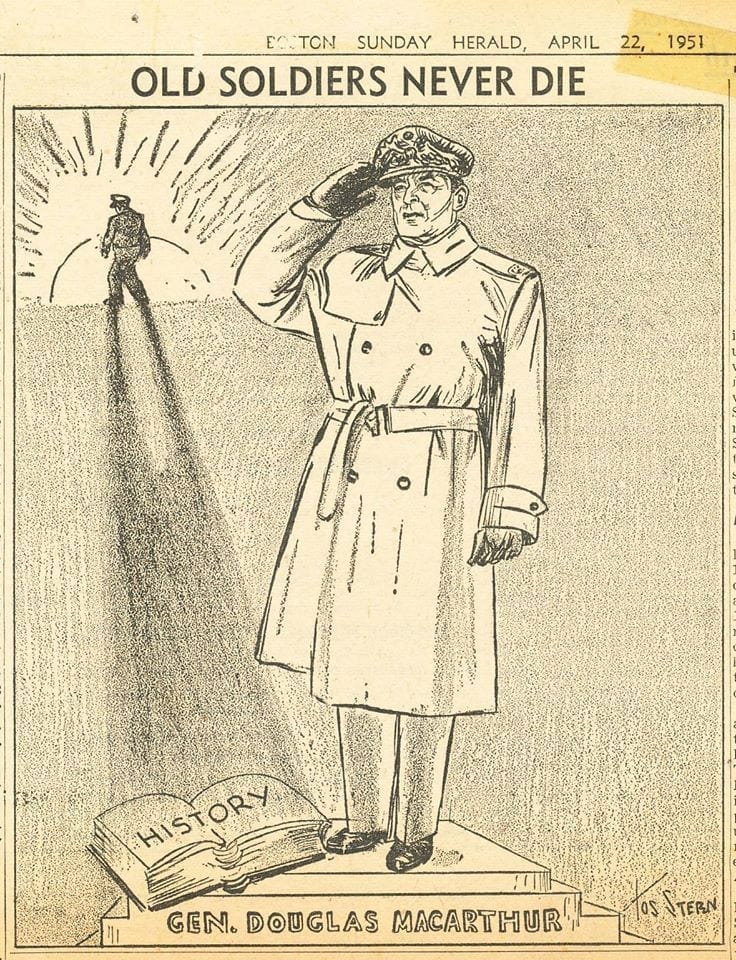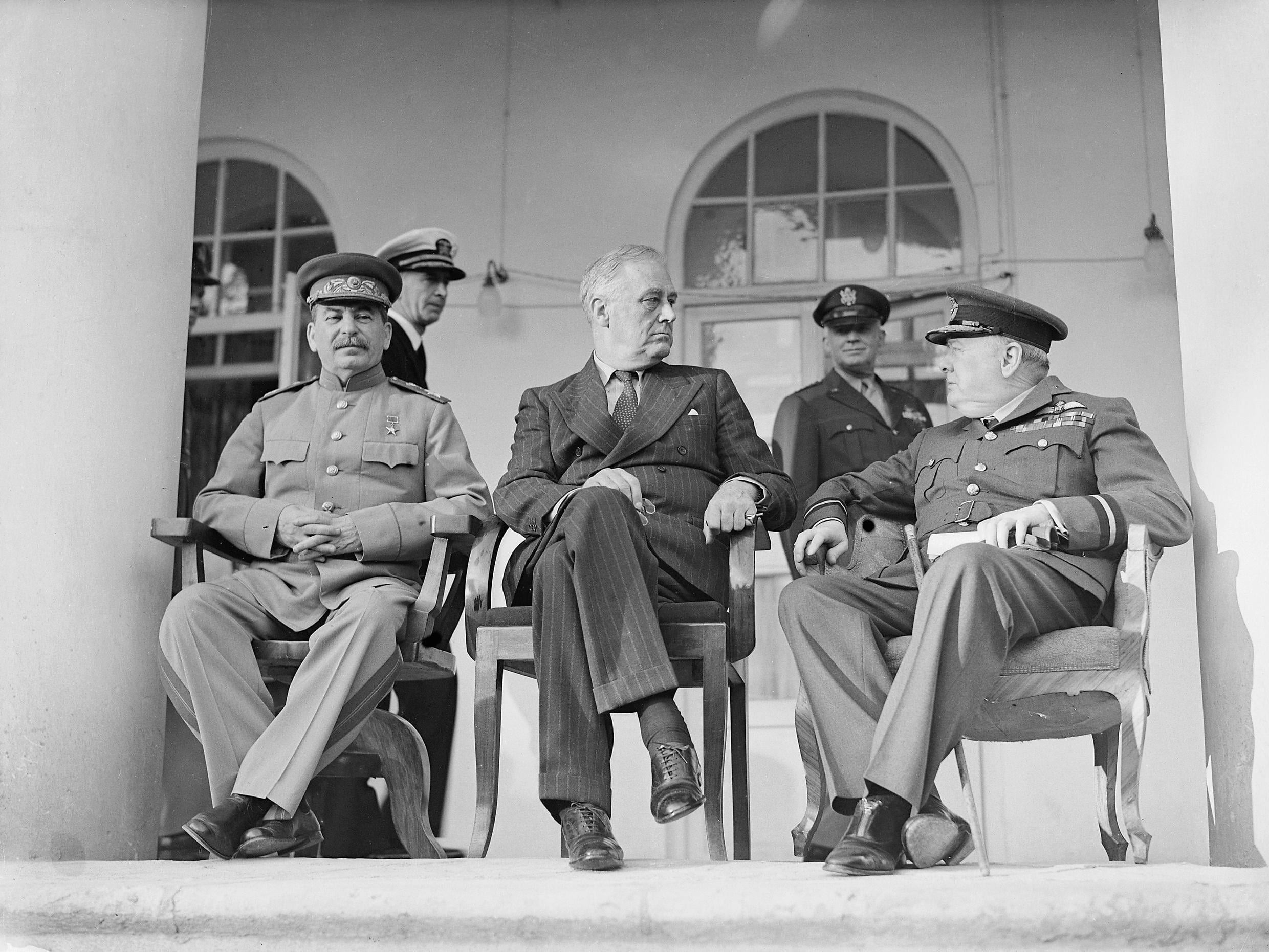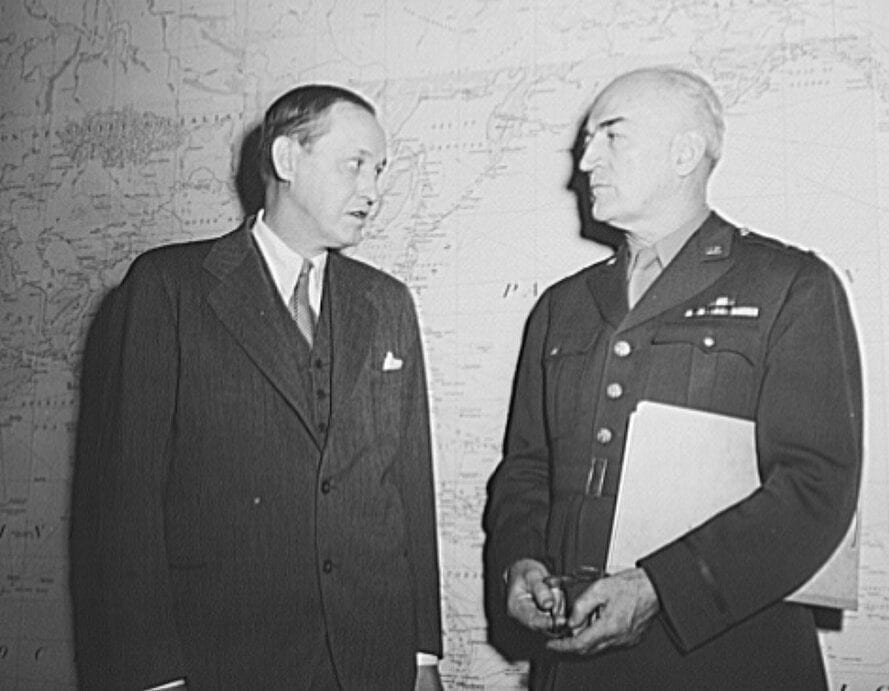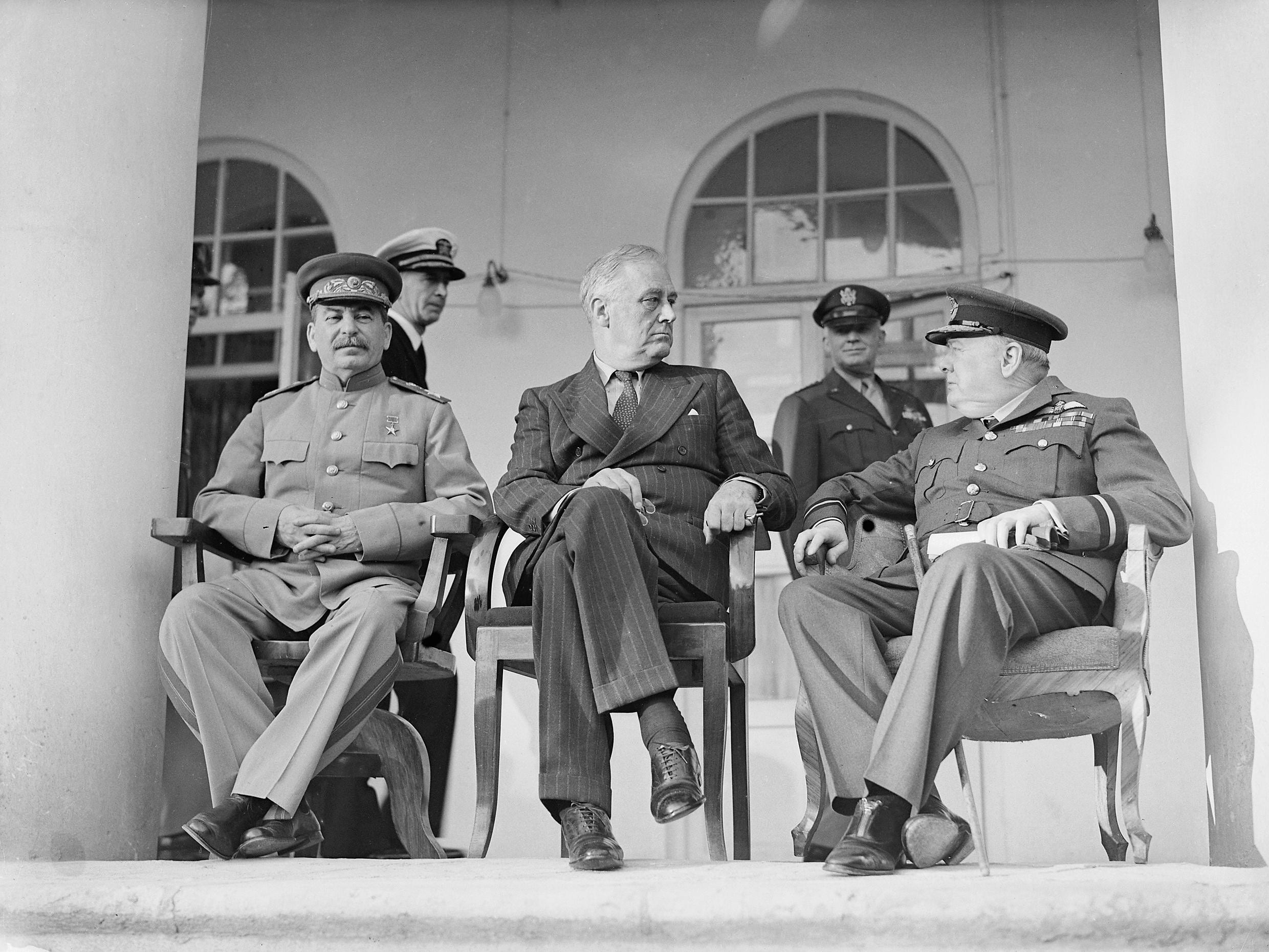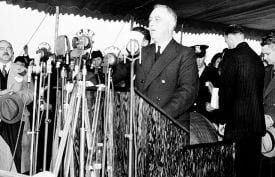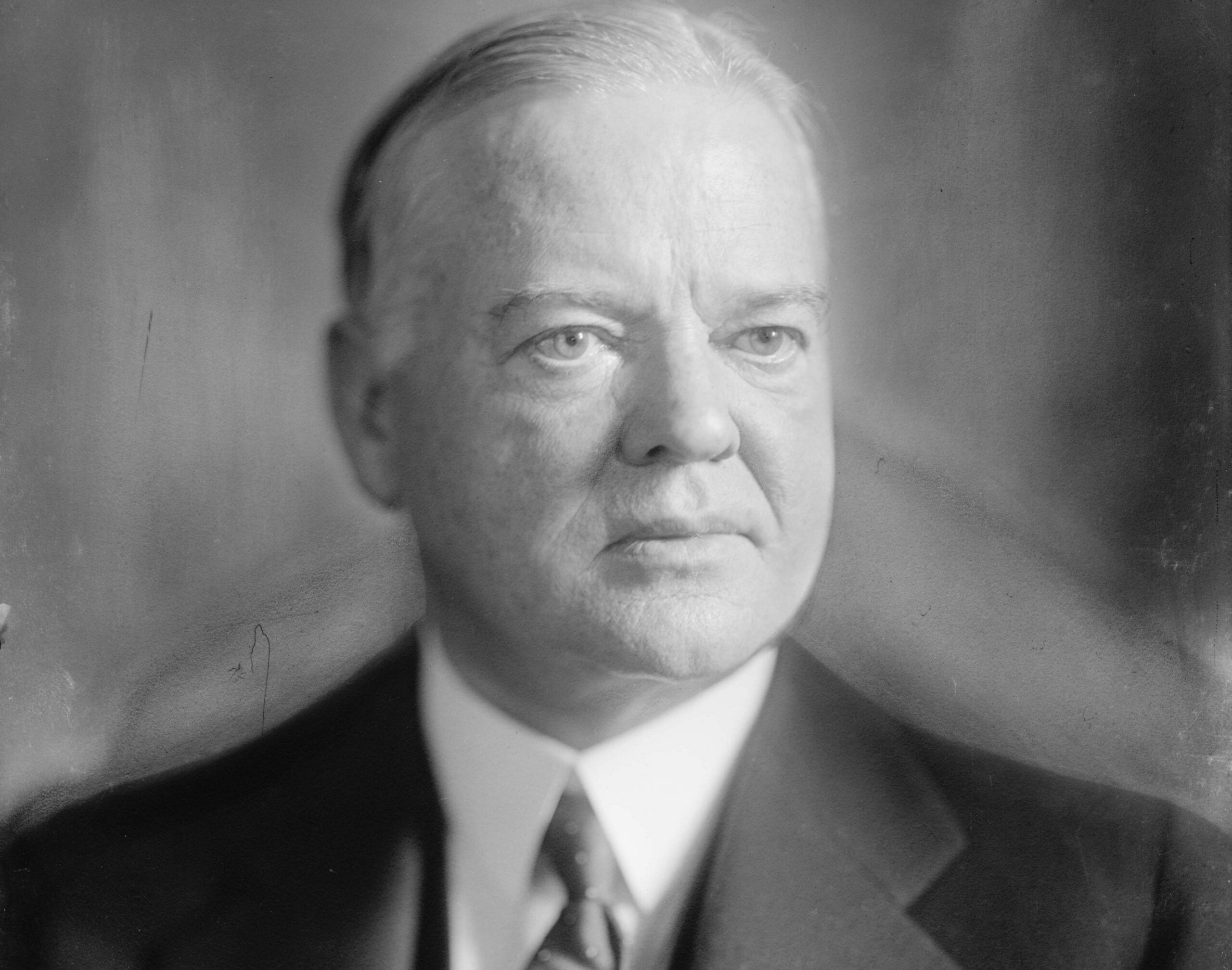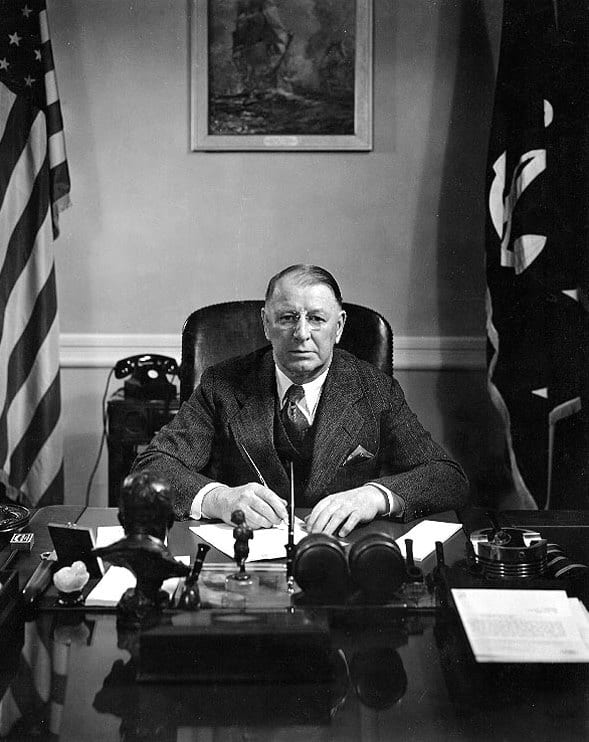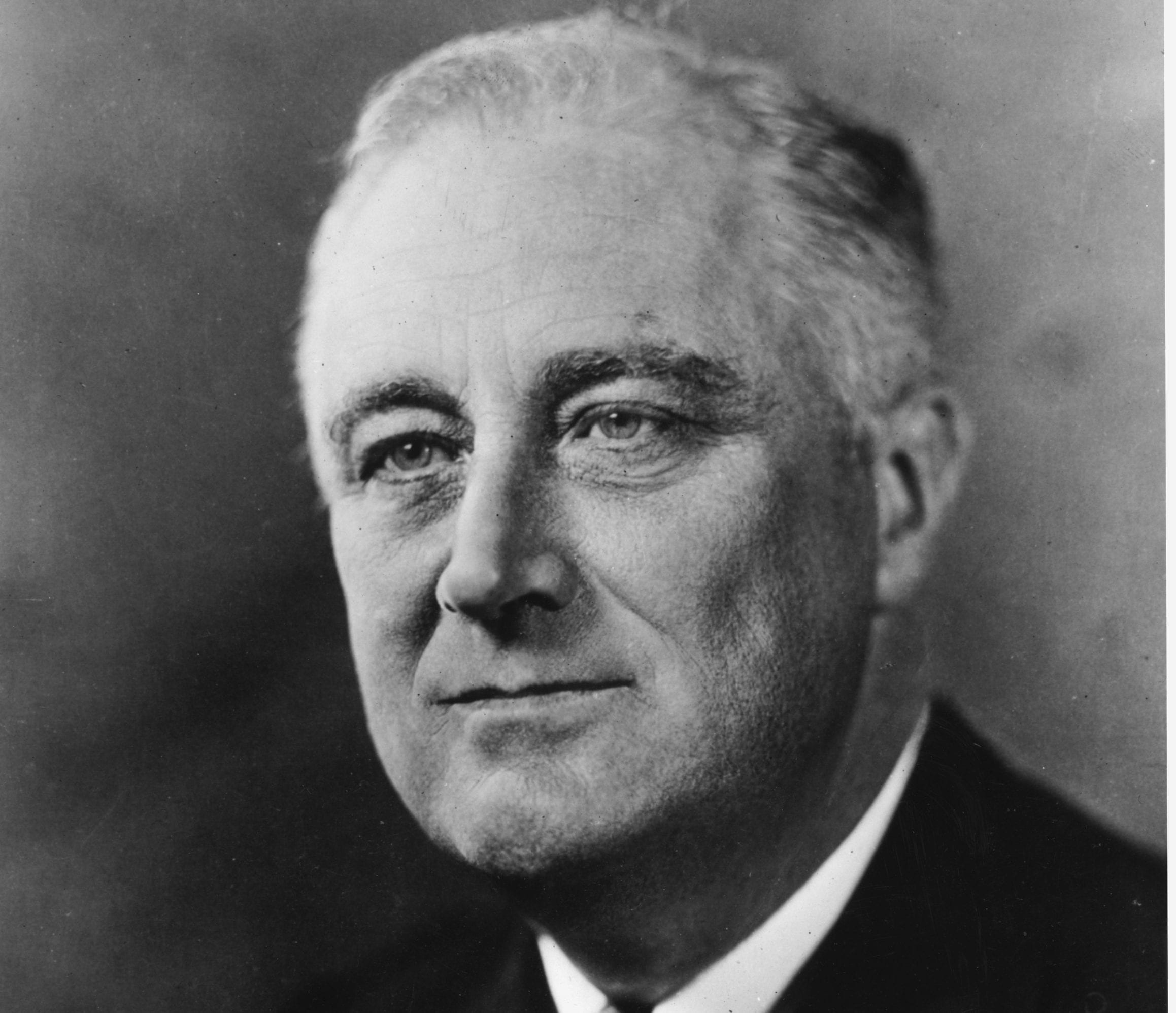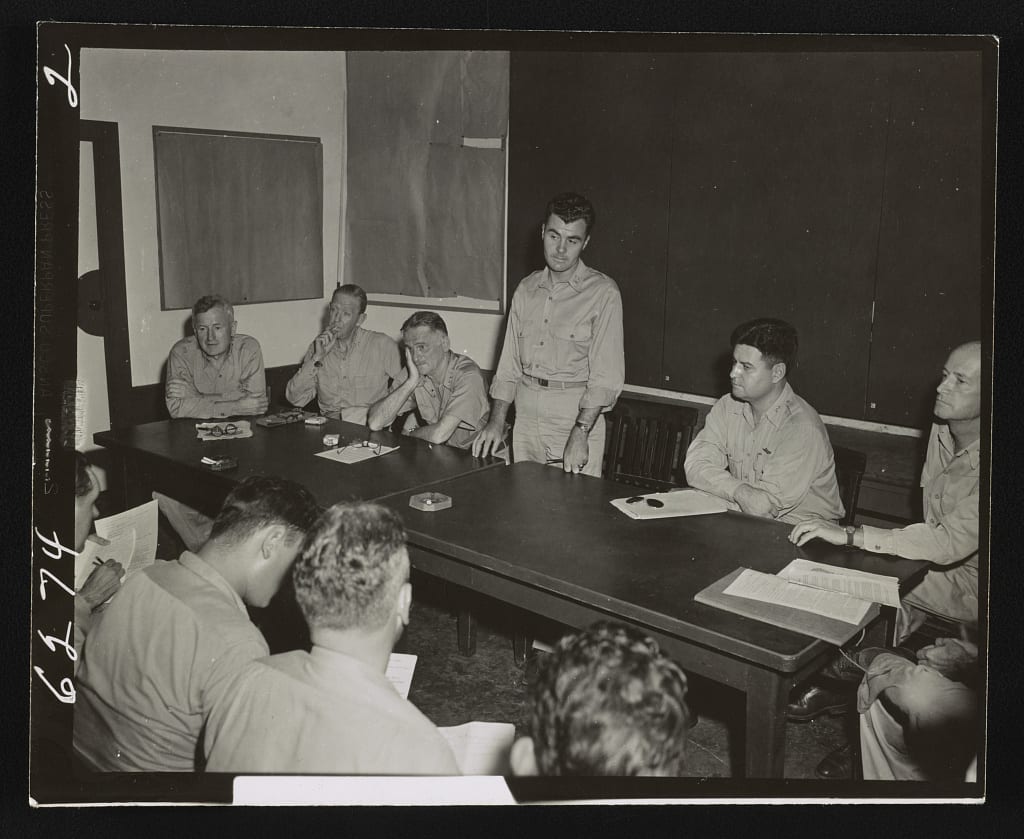

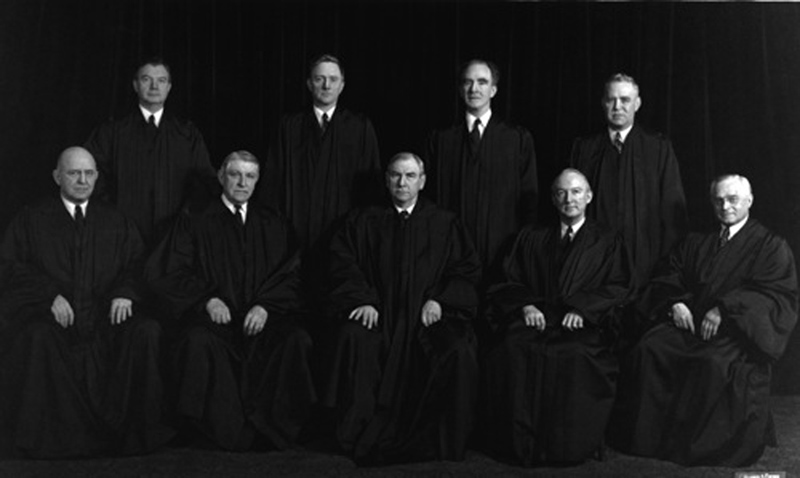
Introduction
Toyosaburo (“Fred”) Korematsu was an American citizen of Japanese descent, one of many Japanese-Americans ordered by US Army General John DeWitt to evacuate their homes on the West Coast out of a concern that they might aid Japan in World War II. DeWitt was acting with authority from President Franklin D. Roosevelt, who had been given such authority in a law passed by Congress in March 1942. Korematsu challenged his conviction for defying the evacuation order, and his case made it to the Supreme Court. In the majority decision, the Court avoided ruling on whether the overall internment of Japanese-Americans was constitutional. The majority decision focused solely on whether Korematsu could legally refuse to report to an assembly center. The dissenting opinions, however, declared internment unconstitutional and racially based. On the same day, the Court ruled in the case of Mitsye Endo that the government could not detain loyal citizens. A day before the rulings, President Roosevelt rescinded Executive Order 9066, which had authorized both the removal and internment of the Japanese.
Although decided by a 6-3 vote, Korematsu has become a controversial decision. For example, in 1982 a congressional report concluded that “Korematsu has been overturned in the court of history”; in Trump v. Hawaii (2018), the Supreme Court declared that “Korematsu was gravely wrong the day it was decided, has been overruled in the court of history, and—to be clear—has no place in the law under the Constitution.” While the particular decision of Korematsu has been widely repudiated, it did begin to establish the precedent that racially based restrictions on civil rights must be subject to “strict scrutiny,” which requires such restrictions to be justified by a compelling government interest and imposed in the least restrictive way possible. That “strict scrutiny” test has been employed by the Supreme Court in a number of decisions, including recent cases involving affirmative action.
Source: 323 U.S. 214; https://www.law.cornell.edu/supremecourt/text/323/214
Justice BLACK delivered the opinion of the Court, joined by Chief Justice STONE and Justices REED, FRANKFURTER, DOUGLAS, and RUTLEDGE.
The petitioner, an American citizen of Japanese descent, was convicted in a federal district court for remaining in San Leandro, California, a “Military Area,” contrary to Civilian Exclusion Order No. 34 of the Commanding General of the Western Command, U.S. Army, which directed that after May 9, 1942, all persons of Japanese ancestry should be excluded from that area. No question was raised as to petitioner’s loyalty to the United States. The Circuit Court of Appeals affirmed, and the importance of the constitutional question involved caused us to grant certiorari.[1]
It should be noted, to begin with, that all legal restrictions which curtail the civil rights of a single racial group are immediately suspect. That is not to say that all such restrictions are unconstitutional. It is to say that courts must subject them to the most rigid scrutiny. Pressing public necessity may sometimes justify the existence of such restrictions; racial antagonism never can.
In the instant case, prosecution of the petitioner was begun by information charging violation of an Act of Congress, of March 21, 1942, which provides that “. . . whoever shall enter, remain in, leave, or commit any act in any military area or military zone prescribed, under the authority of an Executive Order of the President, by the Secretary of War, or by any military commander designated by the Secretary of War, contrary to the restrictions applicable to any such area or zone or contrary to the order of the Secretary of War or any such military commander, shall, if it appears that he knew or should have known of the existence and extent of the restrictions or order and that his act was in violation thereof, be guilty of a misdemeanor and upon conviction shall be liable to a fine of not to exceed $5,000 or to imprisonment for not more than one year, or both, for each offense.”[2] . . .
. . . In Hirabayashi v. United States (1943), we sustained a conviction obtained for violation of the curfew order. The Hirabayashi conviction and this one thus rest on the same 1942 Congressional Act and the same basic executive and military orders, all of which orders were aimed at the twin dangers of espionage and sabotage.
The 1942 Act was attacked in the Hirabayashi case as an unconstitutional delegation of power; it was contended that the curfew order and other orders on which it rested were beyond the war powers of the Congress, the military authorities, and of the President, as Commander in Chief of the Army, and, finally, that to apply the curfew order against none but citizens of Japanese ancestry amounted to a constitutionally prohibited discrimination solely on account of race. To these questions, we gave the serious consideration which their importance justified. We upheld the curfew order as an exercise of the power of the government to take steps necessary to prevent espionage and sabotage in an area threatened by Japanese attack.
In the light of the principles we announced in the Hirabayashi case, we are unable to conclude that it was beyond the war power of Congress and the Executive to exclude those of Japanese ancestry from the West Coast war area at the time they did. True, exclusion from the area in which one’s home is located is a far greater deprivation than constant confinement to the home from 8 p.m. to 6 a.m. Nothing short of apprehension by the proper military authorities of the gravest imminent danger to the public safety can constitutionally justify either. But exclusion from a threatened area, no less than curfew, has a definite and close relationship to the prevention of espionage and sabotage. The military authorities, charged with the primary responsibility of defending our shores, concluded that curfew provided inadequate protection and ordered exclusion. They did so, as pointed out in our Hirabayashi opinion, in accordance with Congressional authority to the military to say who should, and who should not, remain in the threatened areas. . . .
Like curfew, exclusion of those of Japanese origin was deemed necessary because of the presence of an unascertained number of disloyal members of the group, most of whom we have no doubt were loyal to this country. It was because we could not reject the finding of the military authorities that it was impossible to bring about an immediate segregation of the disloyal from the loyal that we sustained the validity of the curfew order as applying to the whole group. In the instant case, temporary exclusion of the entire group was rested by the military on the same ground. . . .
. . . [H]ardships are part of war, and war is an aggregation of hardships. All citizens alike, both in and out of uniform, feel the impact of war in greater or lesser measure. Citizenship has its responsibilities, as well as its privileges, and, in time of war, the burden is always heavier. Compulsory exclusion of large groups of citizens from their homes, except under circumstances of direst emergency and peril, is inconsistent with our basic governmental institutions. But when, under conditions of modern warfare, our shores are threatened by hostile forces, the power to protect must be commensurate with the threatened danger. . . .
. . . It is now argued that the validity of the exclusion order cannot be considered apart from the orders requiring [Korematsu], after departure from the area, to report and to remain in an assembly or relocation center. The contention is that we must treat these separate orders as one and inseparable; that, for this reason, if detention in the assembly or relocation center would have illegally deprived the petitioner of his liberty, the exclusion order and his conviction under it cannot stand.
We are thus being asked to pass at this time upon the whole subsequent detention program in both assembly and relocation centers, although the only issues framed at the trial related to petitioner’s remaining in the prohibited area in violation of the exclusion order. Had petitioner here left the prohibited area and gone to an assembly center, we cannot say, either as a matter of fact or law, that his presence in that center would have resulted in his detention in a relocation center. Some who did report to the assembly center were not sent to relocation centers, but were released upon condition that they remain outside the prohibited zone until the military orders were modified or lifted. This illustrates that they pose different problems and may be governed by different principles. The lawfulness of one does not necessarily determine the lawfulness of the others. . . .
It is said that we are dealing here with the case of imprisonment of a citizen in a concentration camp solely because of his ancestry, without evidence or inquiry concerning his loyalty and good disposition towards the United States. Our task would be simple, our duty clear, were this a case involving the imprisonment of a loyal citizen in a concentration camp because of racial prejudice. Regardless of the true nature of the assembly and relocation centers—and we deem it unjustifiable to call them concentration camps, with all the ugly connotations that term implies—we are dealing specifically with nothing but an exclusion order. To cast this case into outlines of racial prejudice, without reference to the real military dangers which were presented, merely confuses the issue. Korematsu was not excluded from the Military Area because of hostility to him or his race. He was excluded because we are at war with the Japanese Empire, because the properly constituted military authorities feared an invasion of our West Coast and felt constrained to take proper security measures, because they decided that the military urgency of the situation demanded that all citizens of Japanese ancestry be segregated from the West Coast temporarily, and, finally, because Congress, reposing its confidence in this time of war in our military leaders—as inevitably it must—determined that they should have the power to do just this. There was evidence of disloyalty on the part of some, the military authorities considered that the need for action was great, and time was short. We cannot—by availing ourselves of the calm perspective of hindsight—now say that, at that time, these actions were unjustified.
Affirmed.
Justice ROBERTS, dissenting.
I dissent, because I think the indisputable facts exhibit a clear violation of Constitutional rights. This is not a case of keeping people off the streets at night, as was Hirabayashi v. United States. . . . On the contrary, it is the case of convicting a citizen as a punishment for not submitting to imprisonment in a concentration camp, based on his ancestry, and solely because of his ancestry, without evidence or inquiry concerning his loyalty and good disposition towards the United States. . . .
The Government’s argument, and the opinion of the court, in my judgment, erroneously divide that which is single and indivisible, and thus make the case appear as if the petitioner violated a Military Order, sanctioned by Act of Congress, which excluded him from his home by refusing voluntarily to leave, and so, knowingly and intentionally defying the order and the Act of Congress.
The petitioner, a resident of San Leandro, Alameda County, California, is a native of the United States of Japanese ancestry who, according to the uncontradicted evidence, is a loyal citizen of the nation. . . .
[On] March 27, 1942, by Proclamation No. 4, . . . General DeWitt] . . . [ordered] that, . . . “as of March 29, 1942, all alien Japanese and persons of Japanese ancestry who are within the limits of Military Area No. 1, be and they are hereby prohibited from leaving that area for any purpose until and to the extent that a future proclamation or order of this headquarters shall so permit or direct.”
No order had been made excluding the petitioner from the area in which he lived. By Proclamation No. 4, he was, after March 29, 1942, confined to the limits of Area No. 1. If the Executive Order No. 9066 and the Act of Congress meant what they said, to leave that area, in the face of Proclamation No. 4, would be to commit a misdemeanor.
May 3, 1942, General DeWitt issued Civilian Exclusion Order No. 346 providing that, after 12 o’clock May 8, 1942, all persons of Japanese ancestry, both alien and nonalien, were to be excluded from a described portion of Military Area No. 1. . . . The obvious purpose of the orders made, taken together, was to drive all citizens of Japanese ancestry into Assembly Centers within the zones of their residence, under pain of criminal prosecution.
The predicament in which the petitioner thus found himself was this: He was forbidden, by Military Order, to leave the zone in which he lived; he was forbidden, by Military Order, after a date fixed, to be found within that zone unless he were in an Assembly Center located in that zone. General DeWitt’s report to the Secretary of War concerning the program of evacuation and relocation of Japanese makes it entirely clear . . . that an Assembly Center was a euphemism for a prison. No person within such a center was permitted to leave except by Military Order.
In the dilemma that he dare not remain in his home, or voluntarily leave the area, without incurring criminal penalties, and that the only way he could avoid punishment was to go to an Assembly Center and submit himself to military imprisonment, [Korematsu] did nothing. . . .
. . . [He] was faced with two diametrically contradictory orders given sanction by the Act of Congress of March 21, 1942. The earlier of those orders made him a criminal if he left the zone in which he resided; the later made him a criminal if he did not leave.
I had supposed that, if a citizen was constrained by two laws, or two orders having the force of law, and obedience to one would violate the other, to punish him for violation of either would deny him due process of law. And I had supposed that, under these circumstances, a conviction for violating one of the orders could not stand. . . .
I would reverse the judgment of conviction.
Justice MURPHY, dissenting.
This exclusion of “all persons of Japanese ancestry, both alien and non-alien,” from the Pacific Coast area on a plea of military necessity in the absence of martial law ought not to be approved. Such exclusion goes over “the very brink of constitutional power,” and falls into the ugly abyss of racism.
It must be conceded that the military and naval situation in the spring of 1942 was such as to generate a very real fear of invasion of the Pacific Coast, accompanied by fears of sabotage and espionage in that area. The military command was therefore justified in adopting all reasonable means necessary to combat these dangers. In adjudging the military action taken in light of the then apparent dangers, we must not erect too high or too meticulous standards; it is necessary only that the action have some reasonable relation to the removal of the dangers of invasion, sabotage and espionage. But the exclusion, either temporarily or permanently, of all persons with Japanese blood in their veins has no such reasonable relation. And that relation is lacking because the exclusion order necessarily must rely for its reasonableness upon the assumption that all persons of Japanese ancestry may have a dangerous tendency to commit sabotage and espionage and to aid our Japanese enemy in other ways. It is difficult to believe that reason, logic, or experience could be marshaled in support of such an assumption. . . .
The military necessity which is essential to the validity of the evacuation order thus resolves itself into a few intimations that certain individuals actively aided the enemy, from which it is inferred that the entire group of Japanese Americans could not be trusted to be or remain loyal to the United States. No one denies, of course, that there were some disloyal persons of Japanese descent on the Pacific Coast who did all in their power to aid their ancestral land. Similar disloyal activities have been engaged in by many persons of German, Italian and even more pioneer stock in our country. But to infer that examples of individual disloyalty prove group disloyalty and justify discriminatory action against the entire group is to deny that, under our system of law, individual guilt is the sole basis for deprivation of rights. Moreover, this inference, which is at the very heart of the evacuation orders, has been used in support of the abhorrent and despicable treatment of minority groups by the dictatorial tyrannies which this nation is now pledged to destroy. To give constitutional sanction to that inference in this case, however well intentioned may have been the military command on the Pacific Coast, is to adopt one of the cruelest of the rationales used by our enemies to destroy the dignity of the individual and to encourage and open the door to discriminatory actions against other minority groups in the passions of tomorrow.
No adequate reason is given for the failure to treat these Japanese Americans on an individual basis by holding investigations and hearings to separate the loyal from the disloyal, as was done in the case of persons of German and Italian ancestry. It is asserted merely that the loyalties of this group “were unknown and time was of the essence.” Yet nearly four months elapsed after Pearl Harbor before the first exclusion order was issued; nearly eight months went by until the last order was issued, and the last of these “subversive” persons was not actually removed until almost eleven months had elapsed. Leisure and deliberation seem to have been more of the essence than speed. And the fact that conditions were not such as to warrant a declaration of martial law adds strength to the belief that the factors of time and military necessity were not as urgent as they have been represented to be. . . .
I dissent, therefore, from this legalization of racism. Racial discrimination in any form and in any degree has no justifiable part whatever in our democratic way of life. It is unattractive in any setting, but it is utterly revolting among a free people who have embraced the principles set forth in the Constitution of the United States. All residents of this nation are kin in some way by blood or culture to a foreign land. Yet they are primarily and necessarily a part of the new and distinct civilization of the United States. They must, accordingly, be treated at all times as the heirs of the American experiment, and as entitled to all the rights and freedoms guaranteed by the Constitution.

Conversation-based seminars for collegial PD, one-day and multi-day seminars, graduate credit seminars (MA degree), online and in-person.

